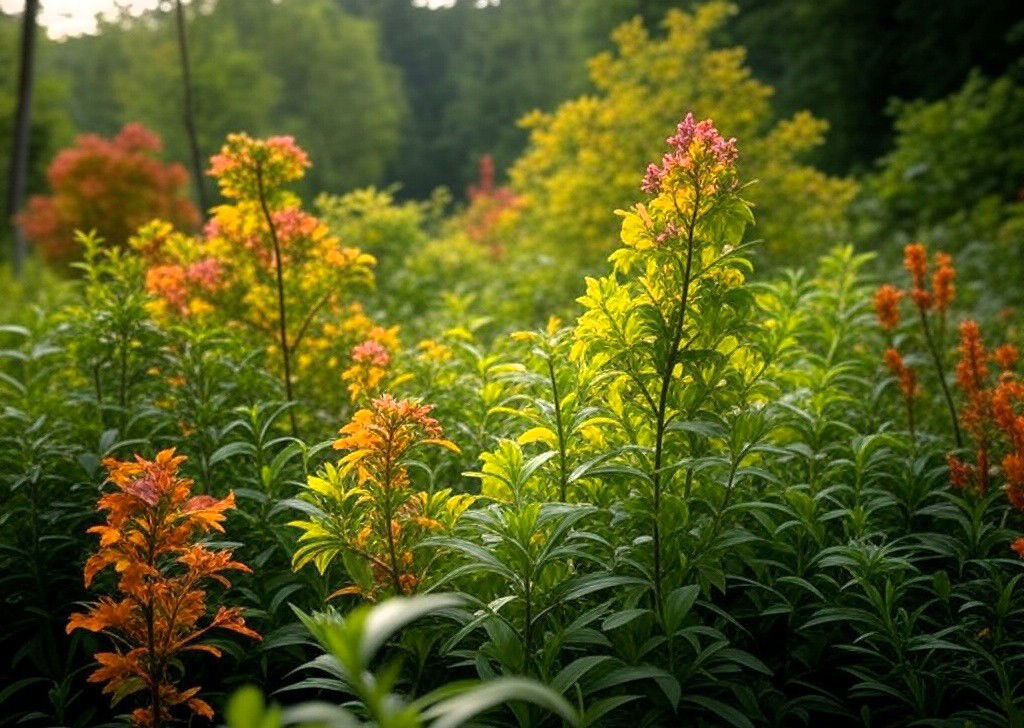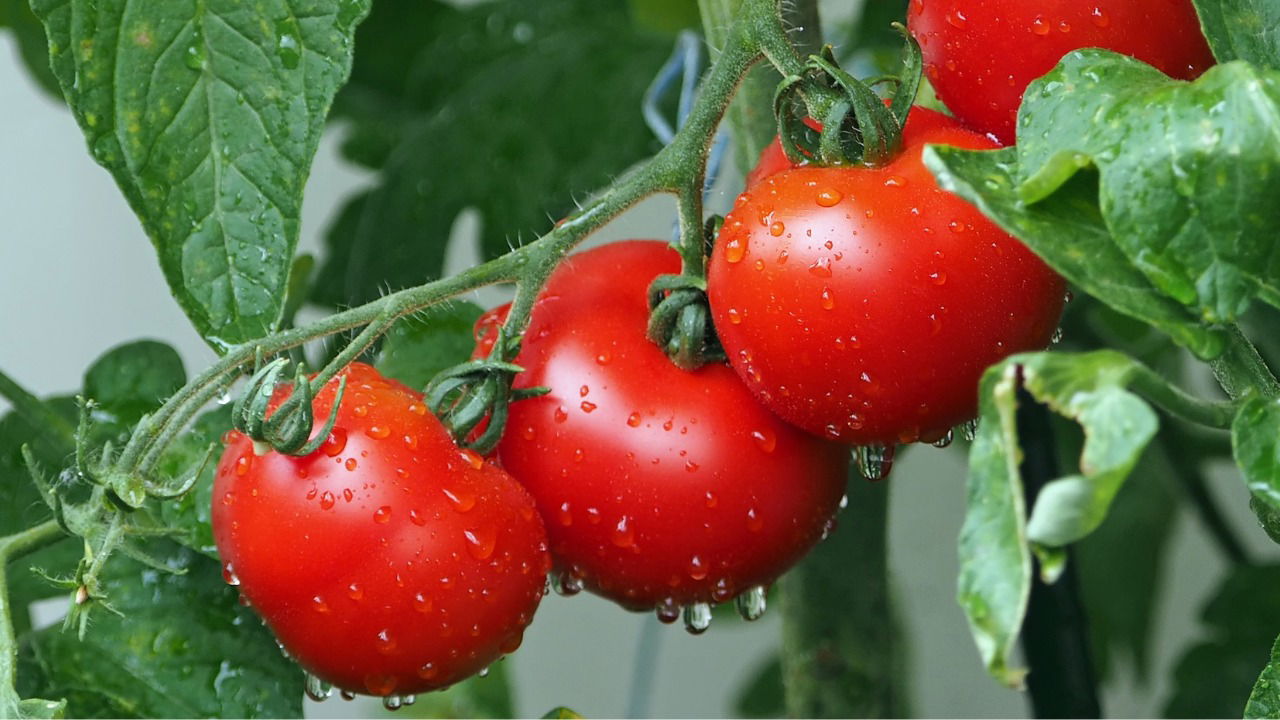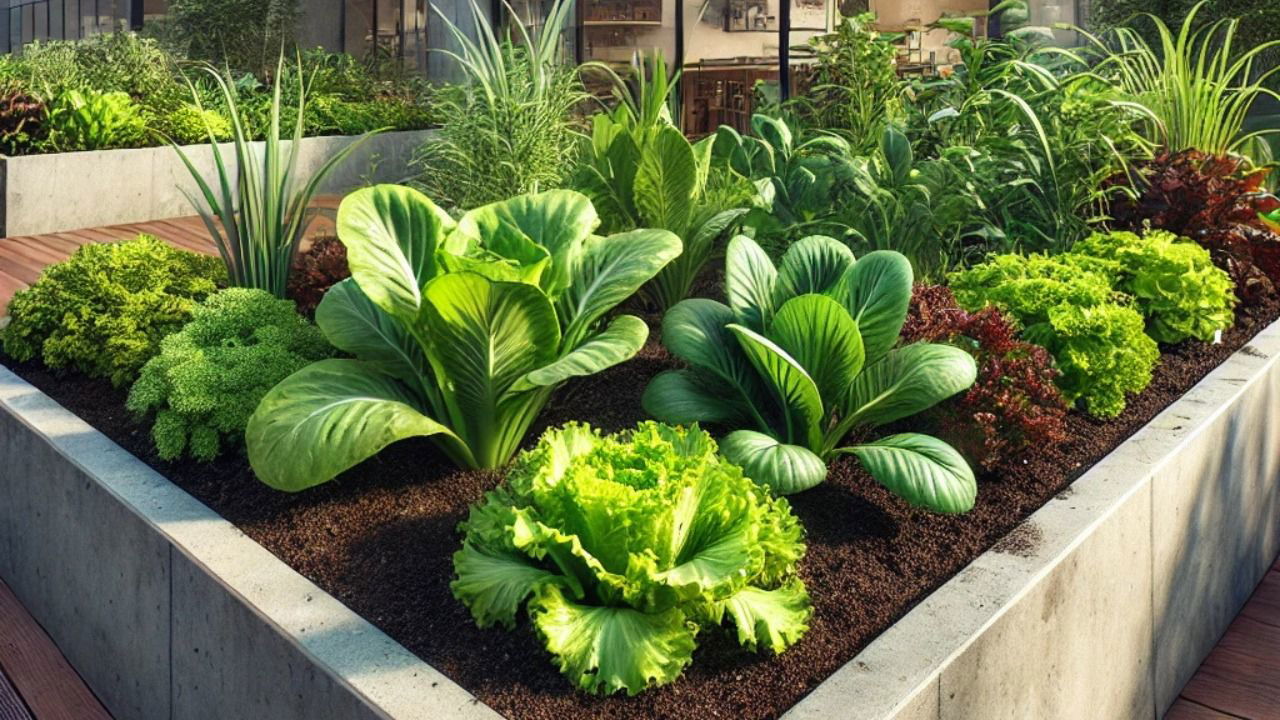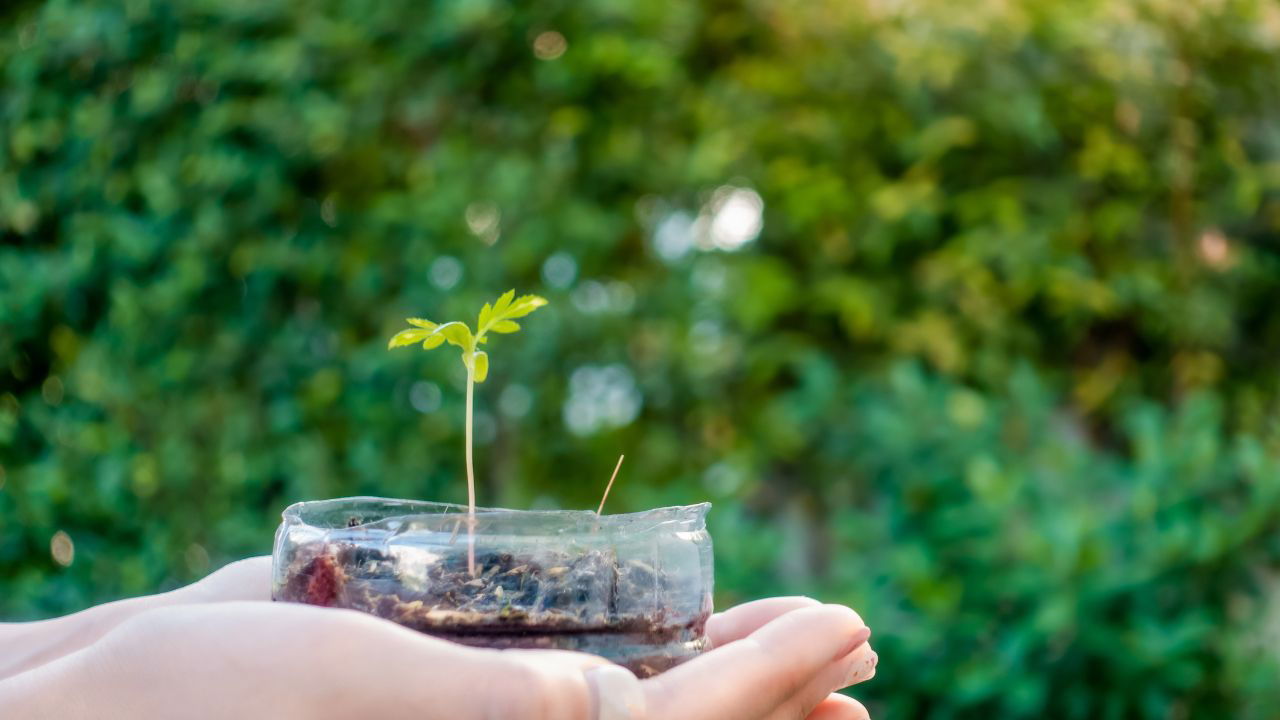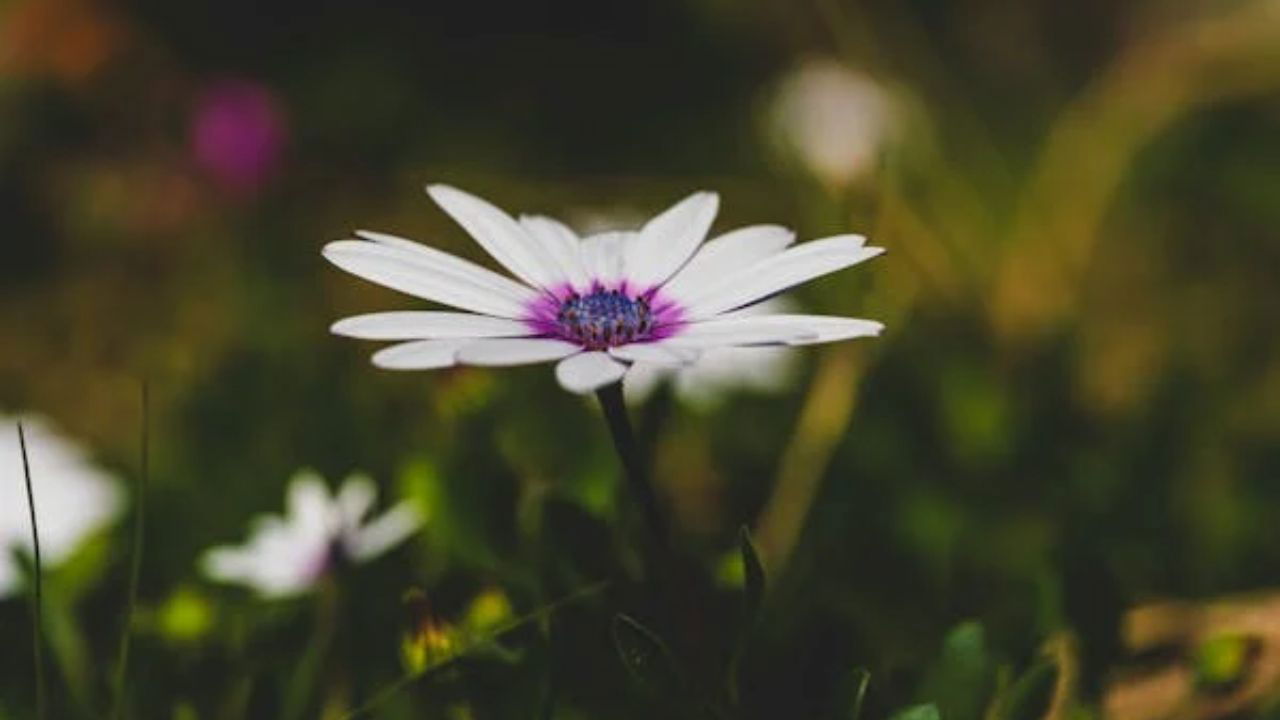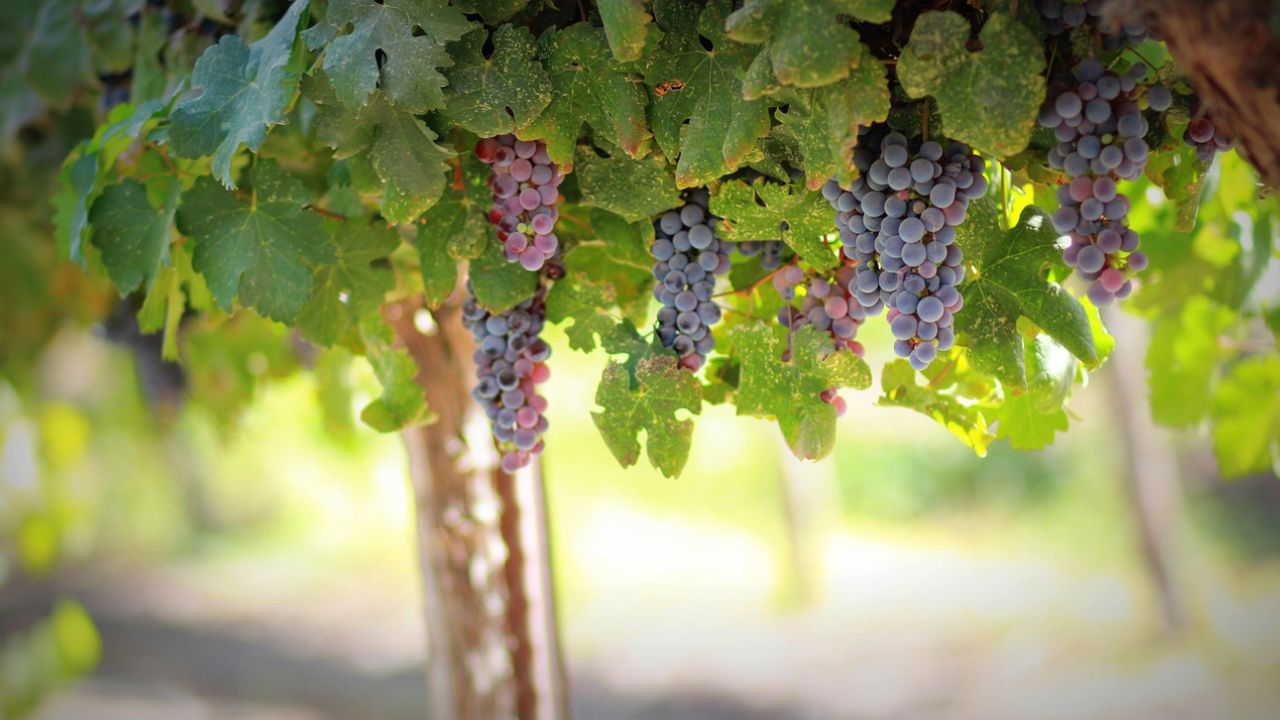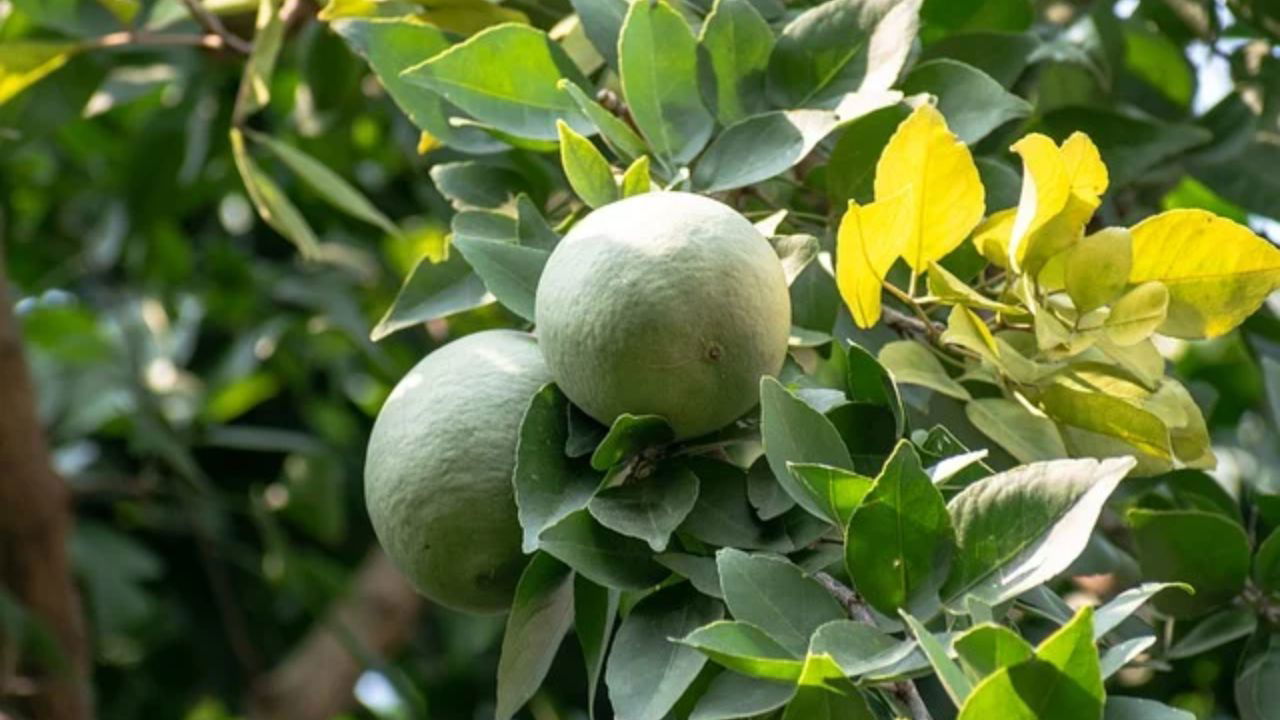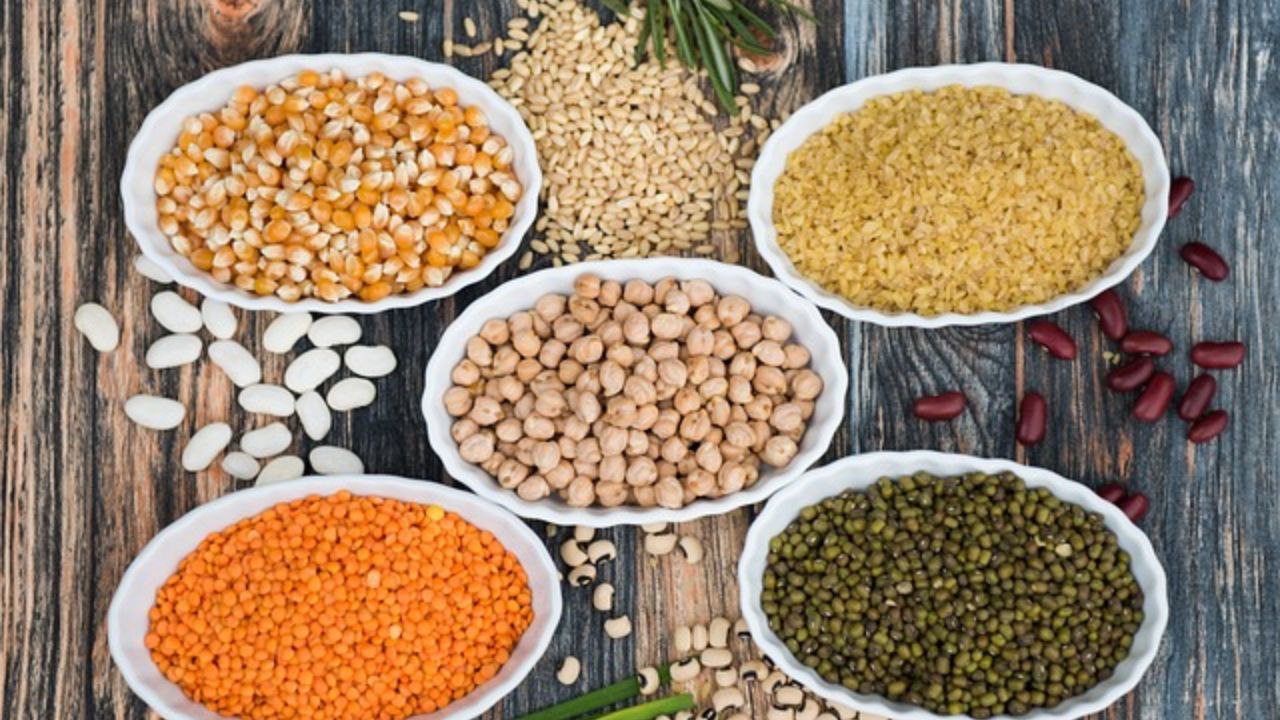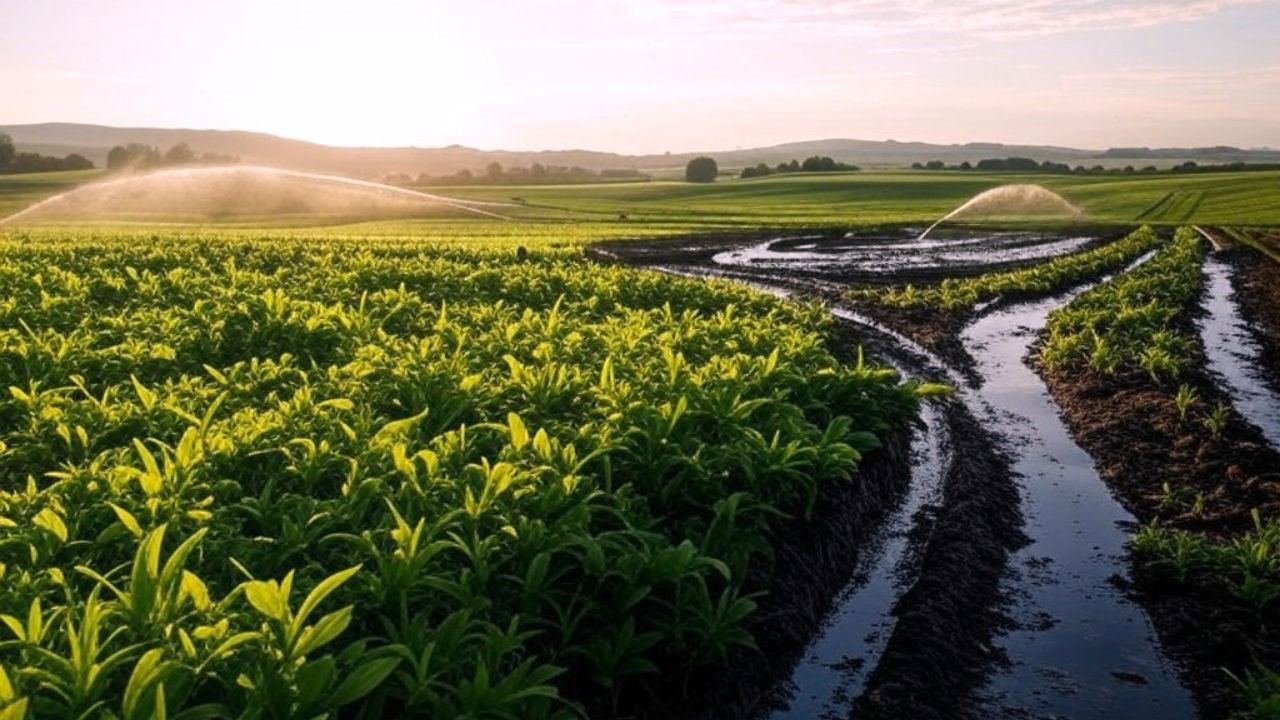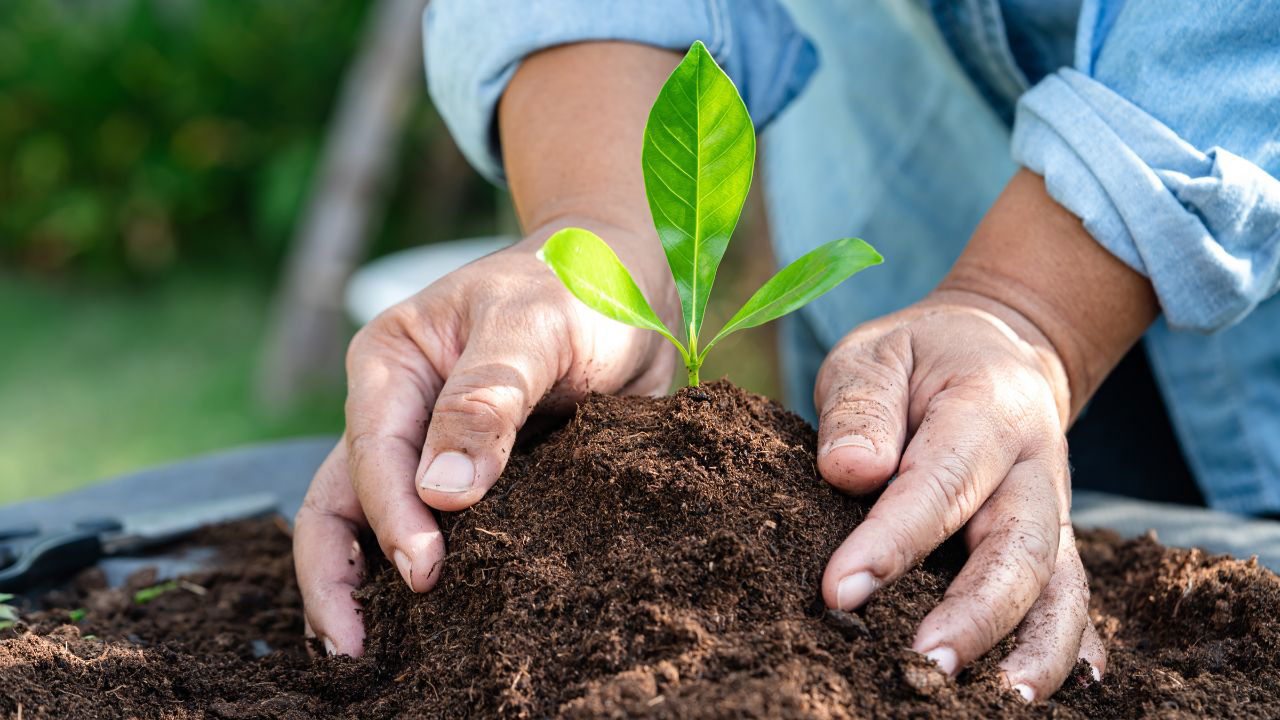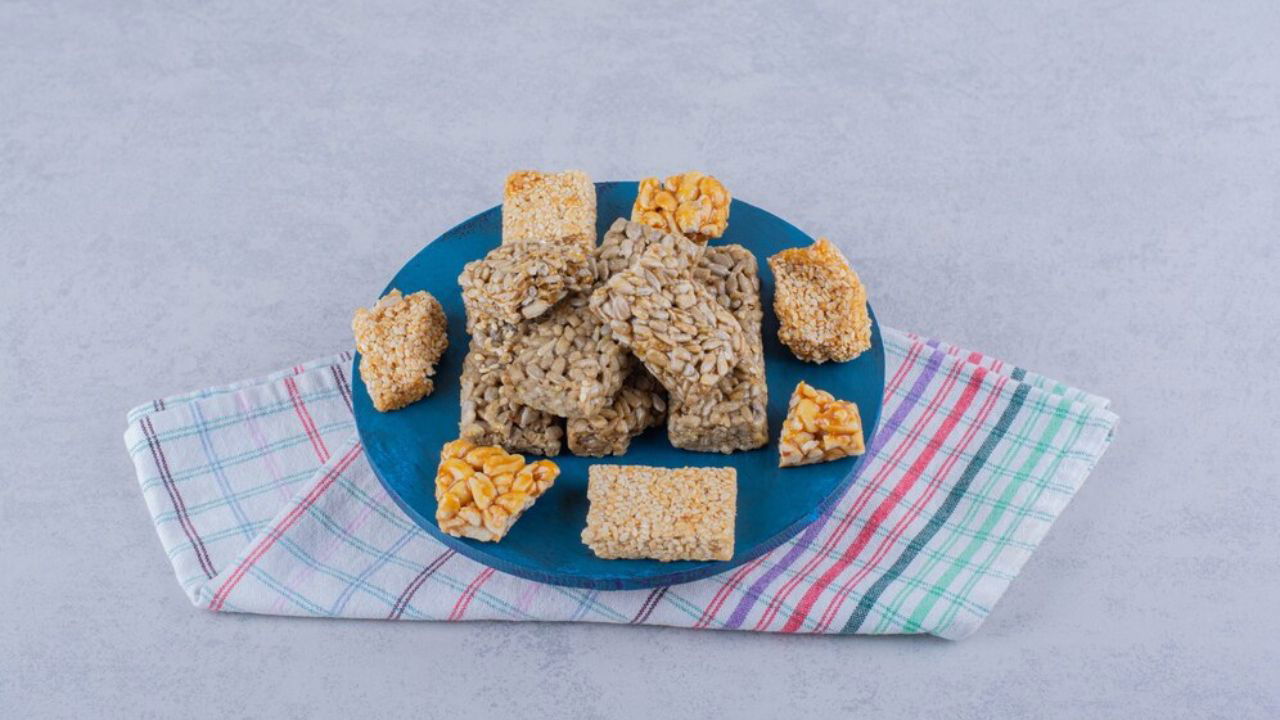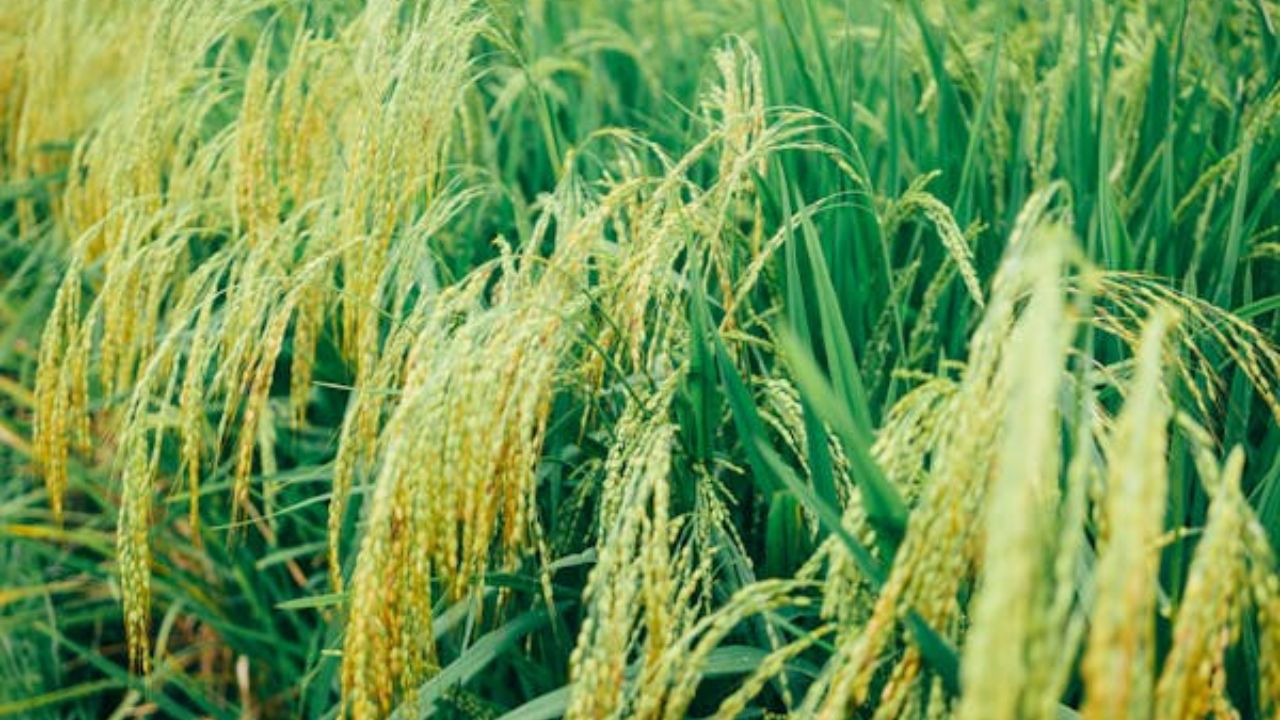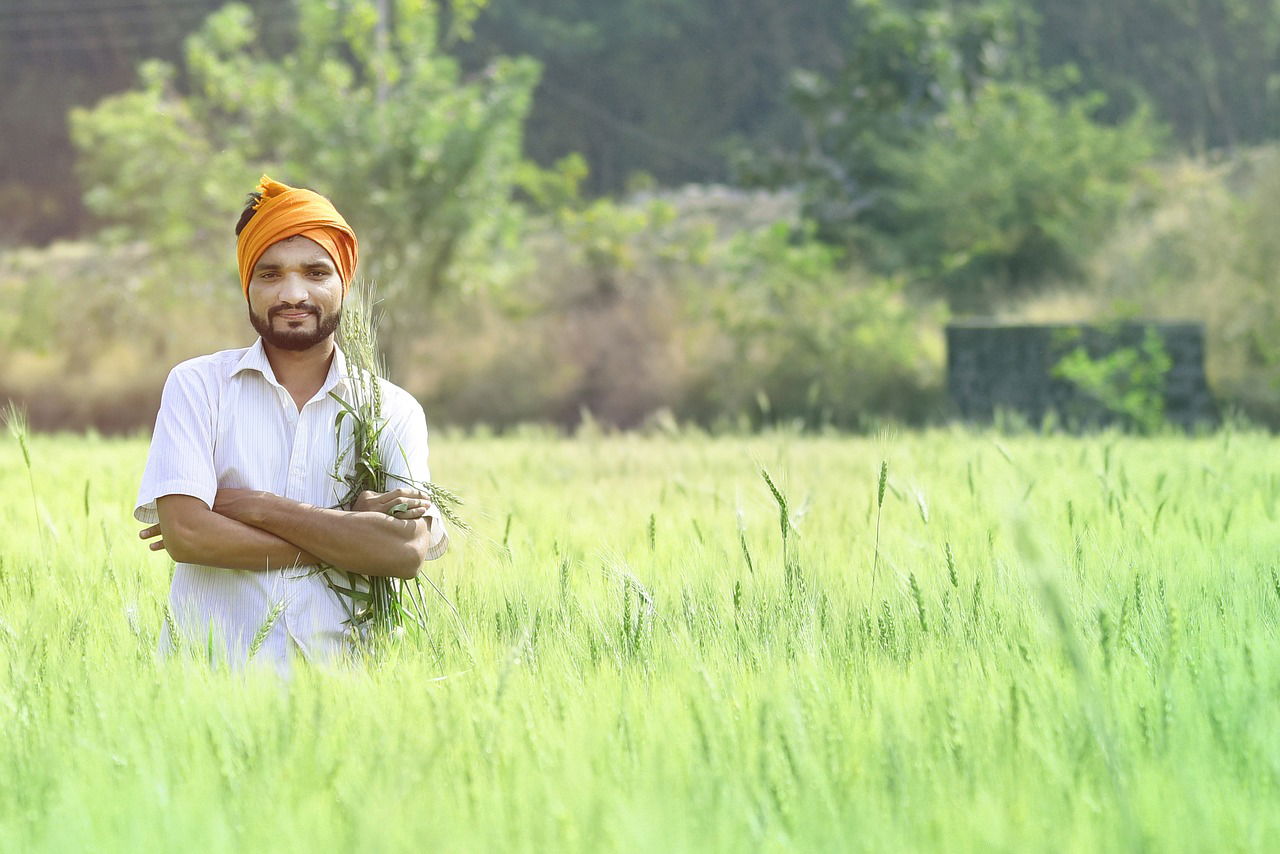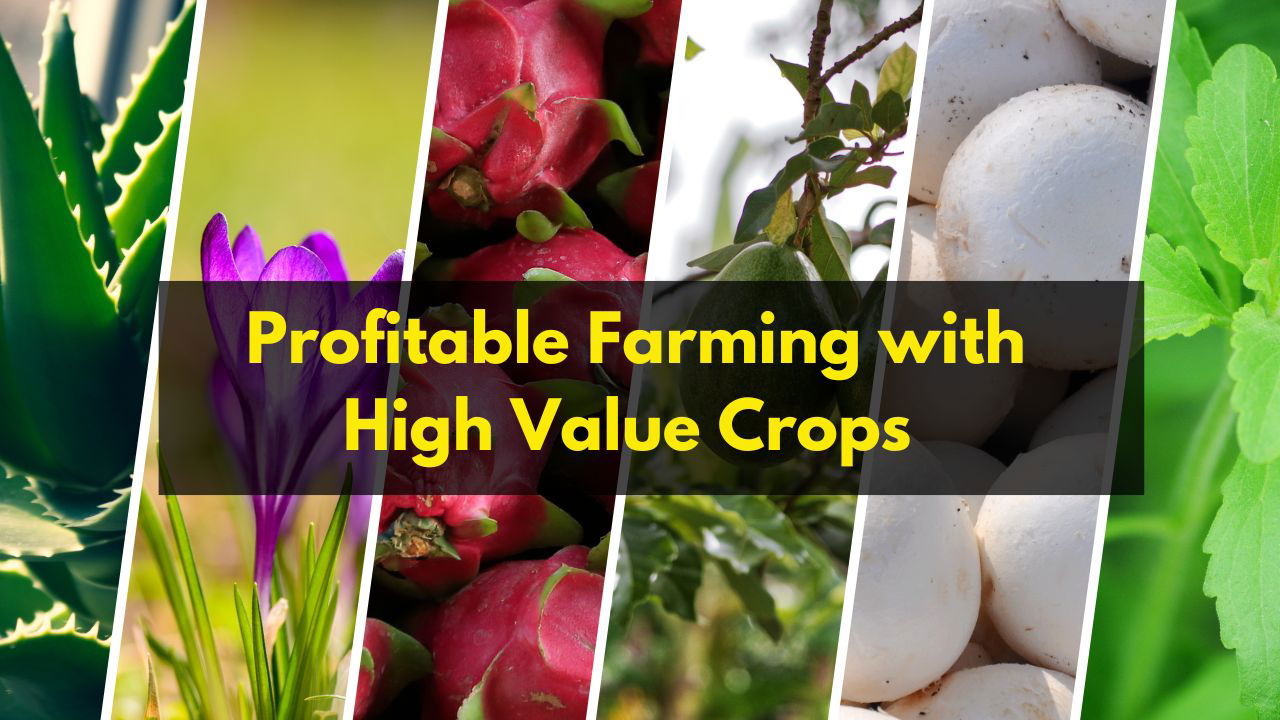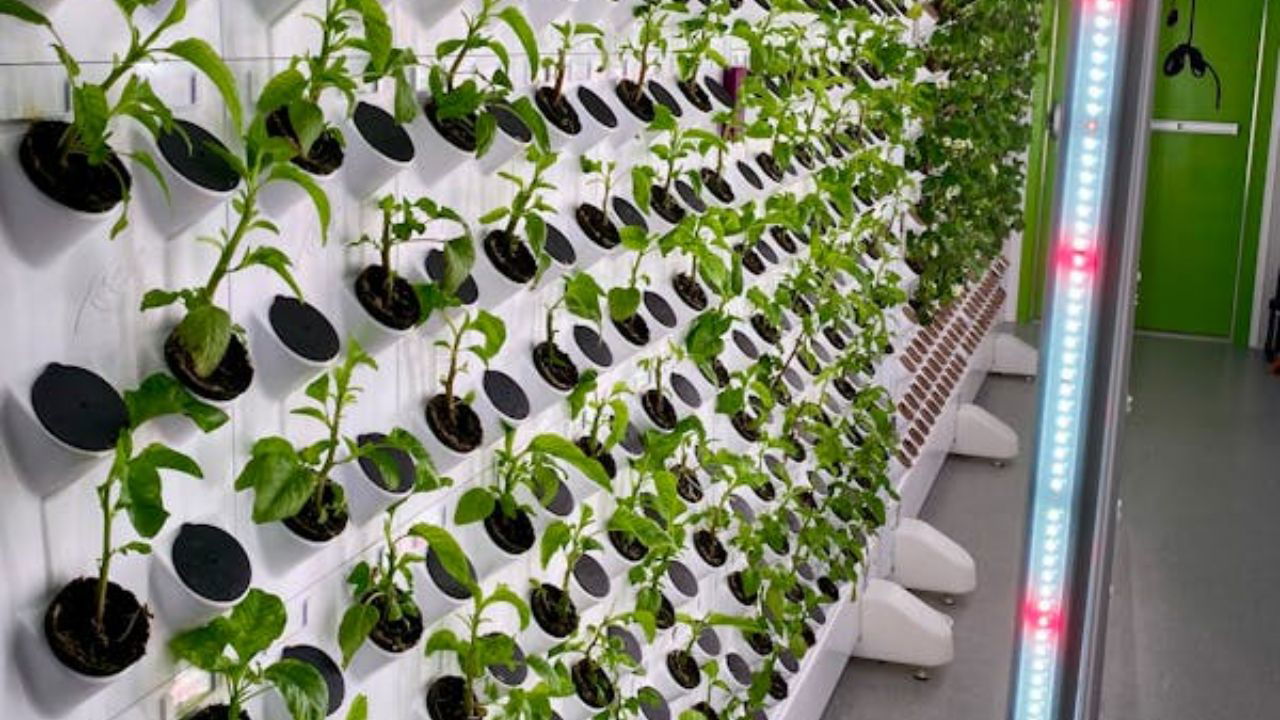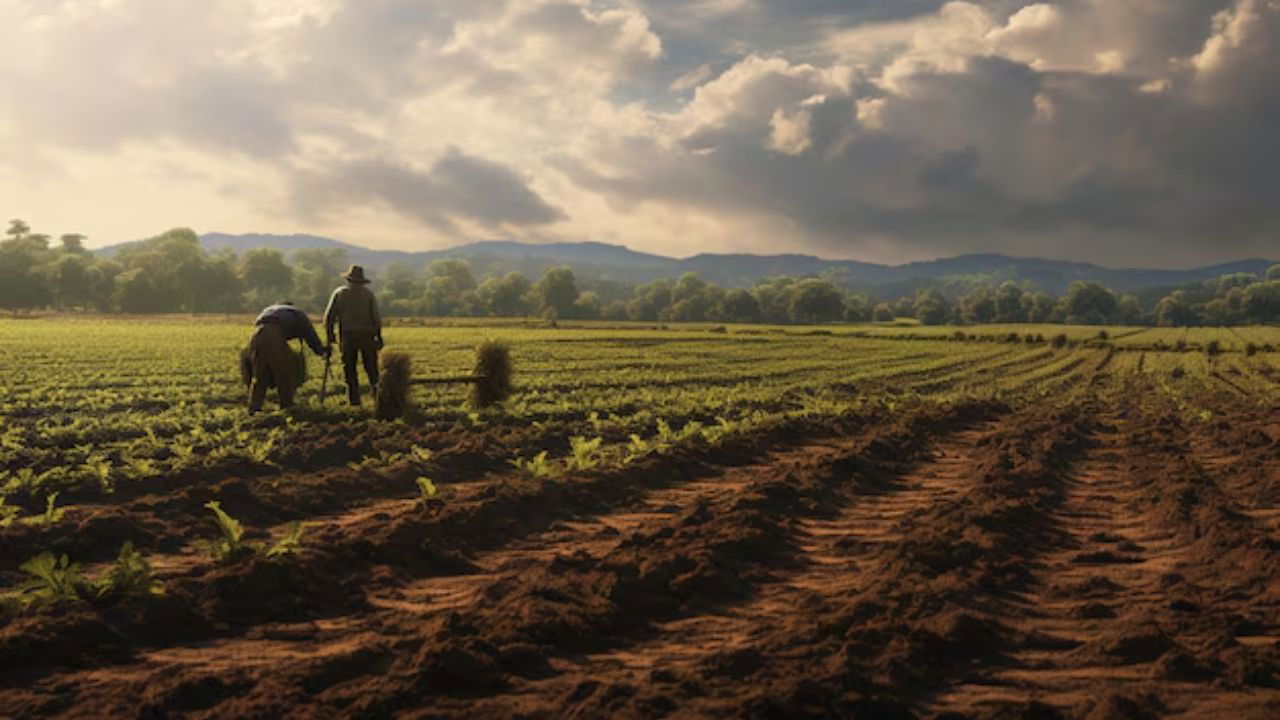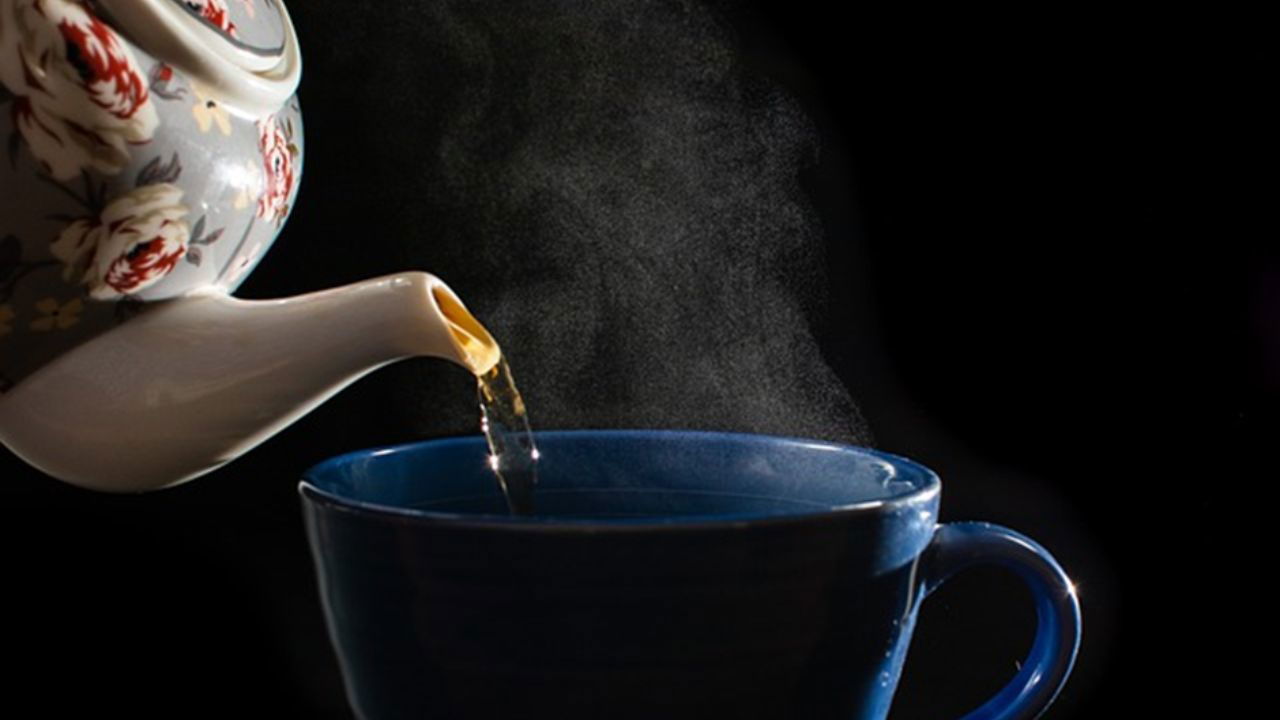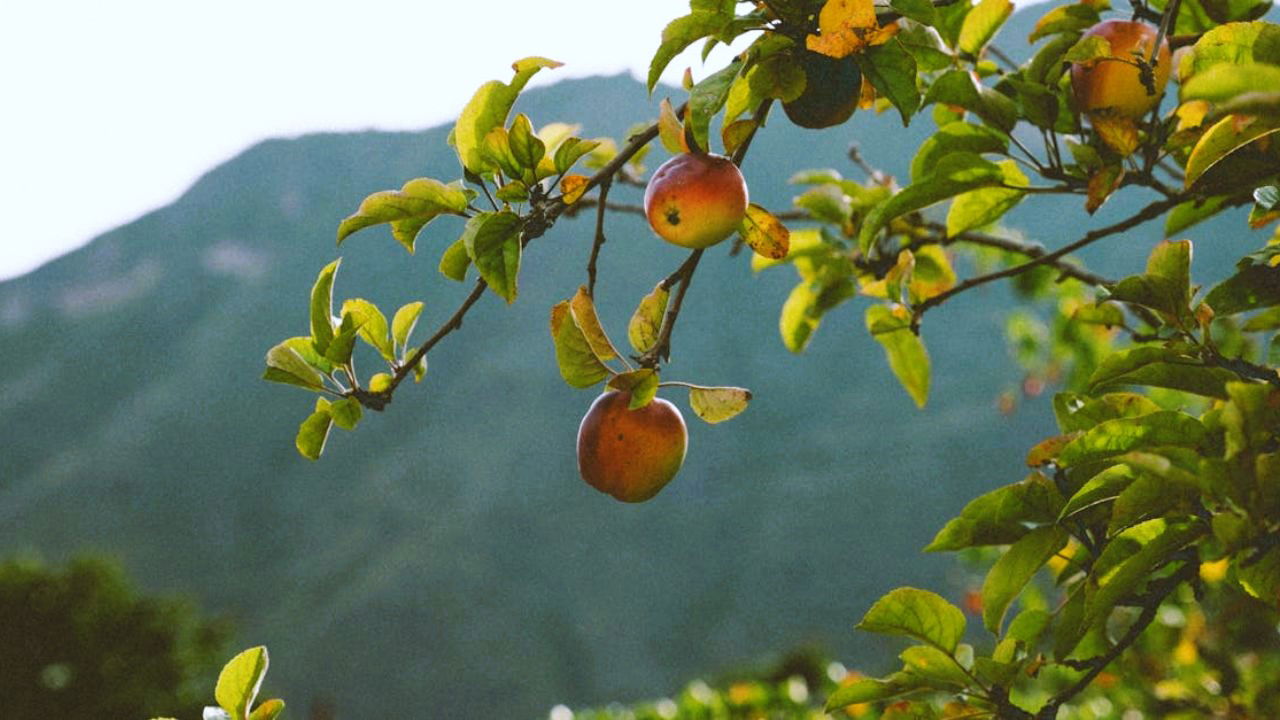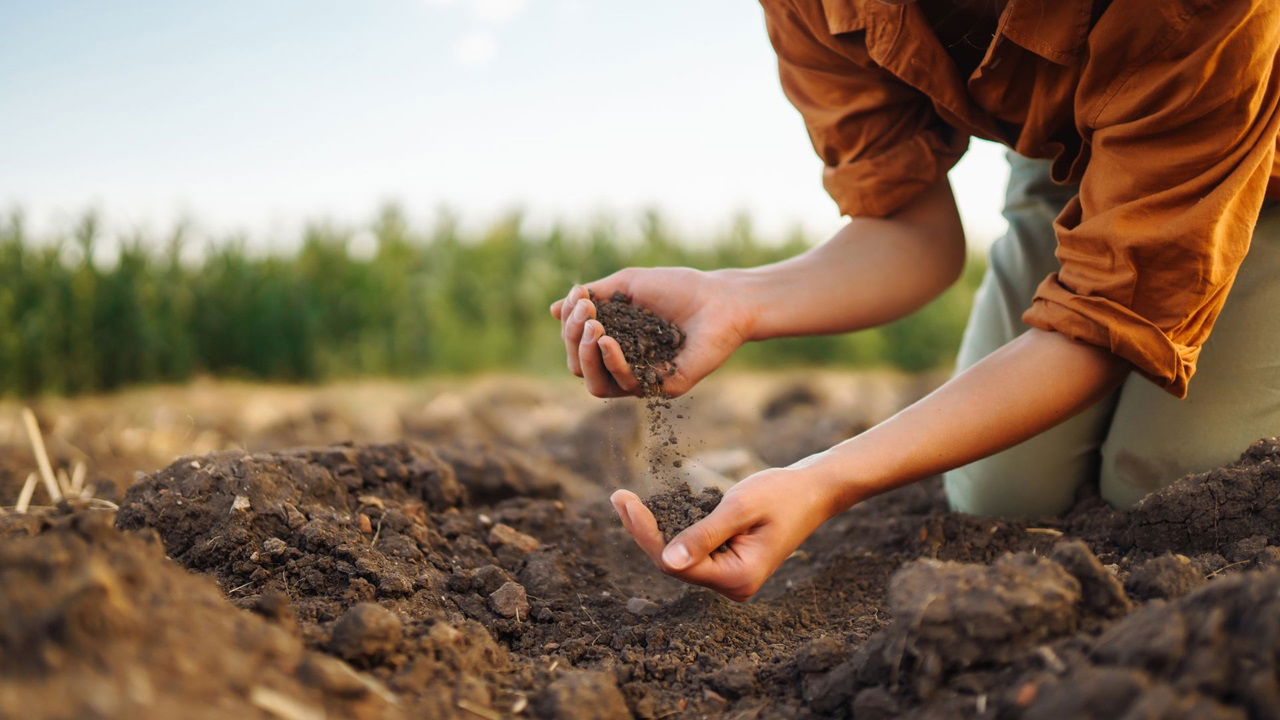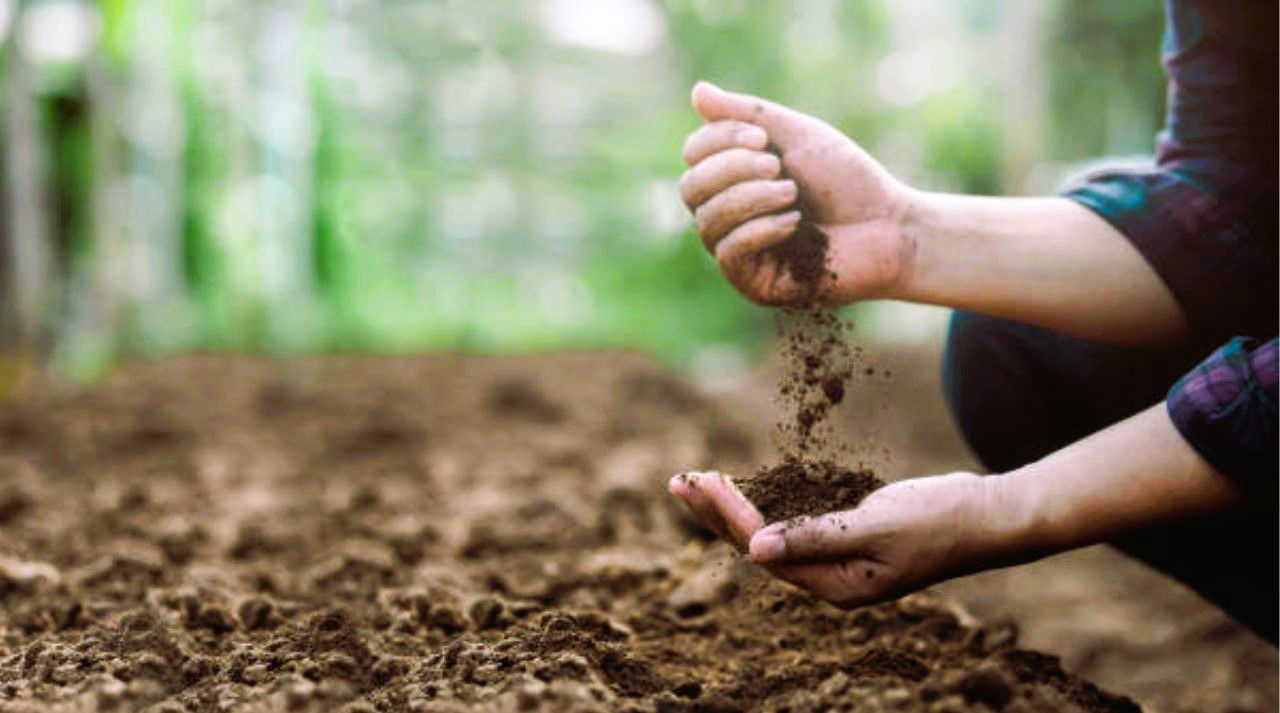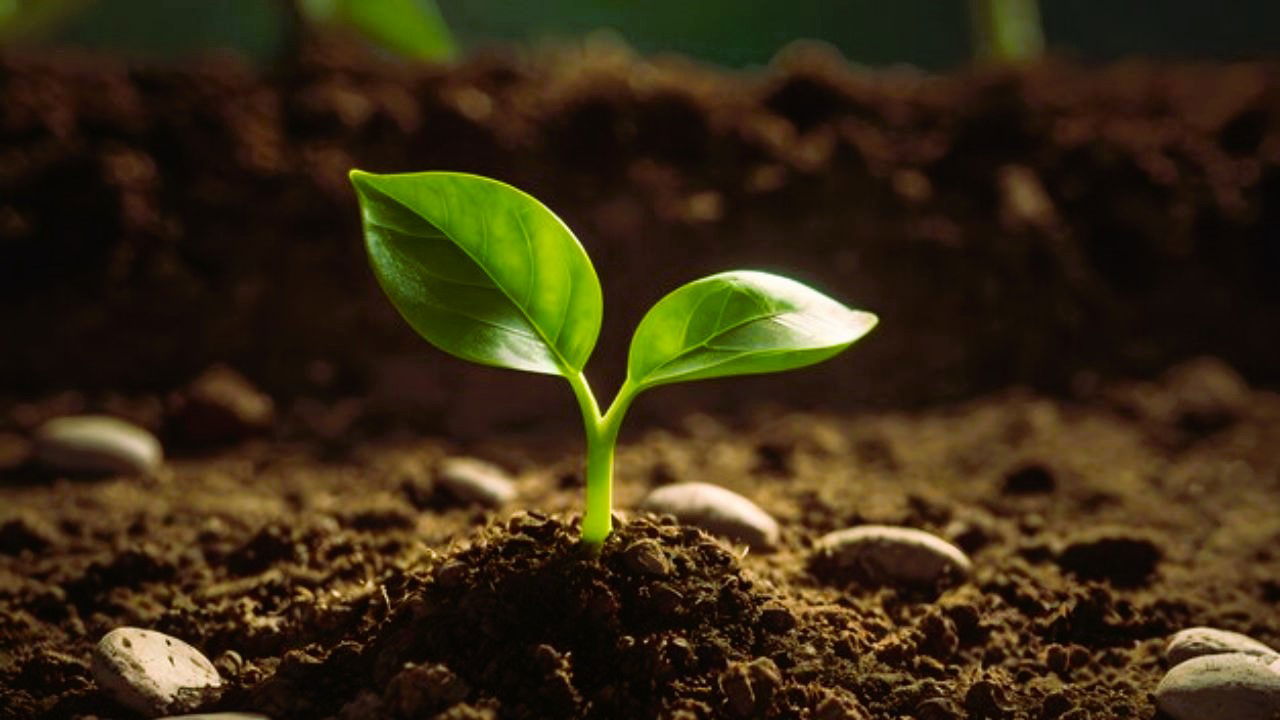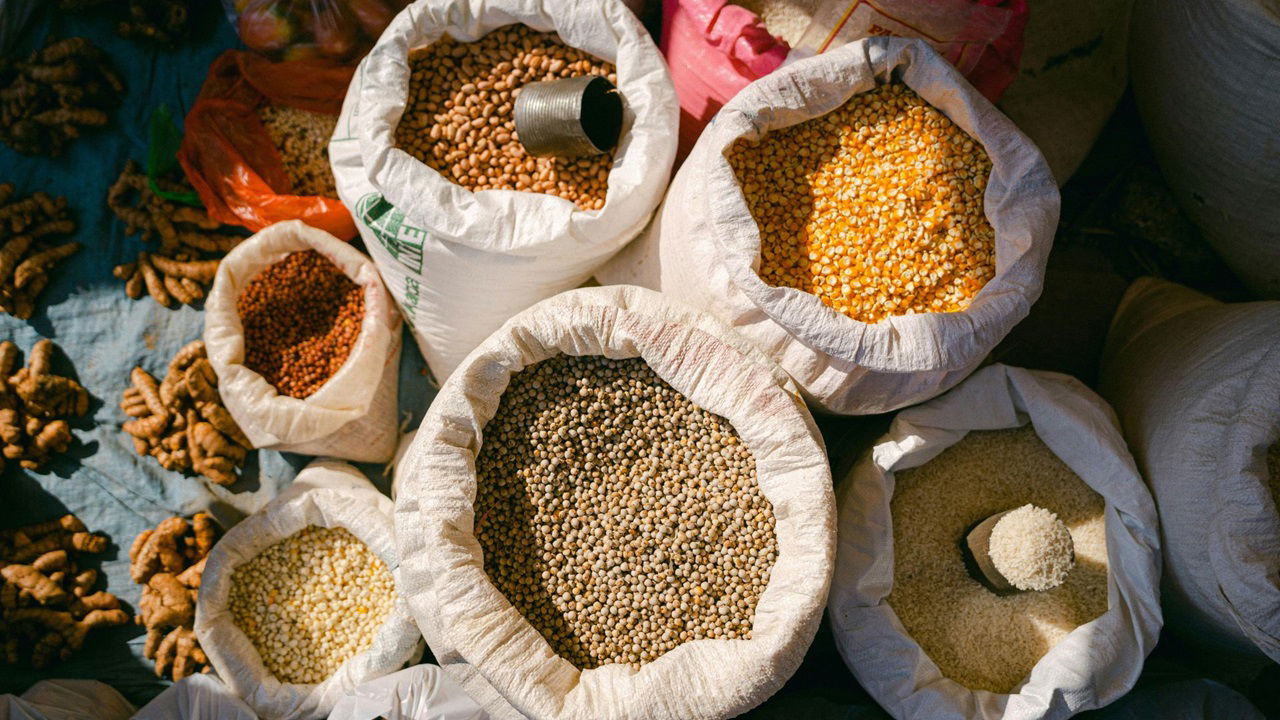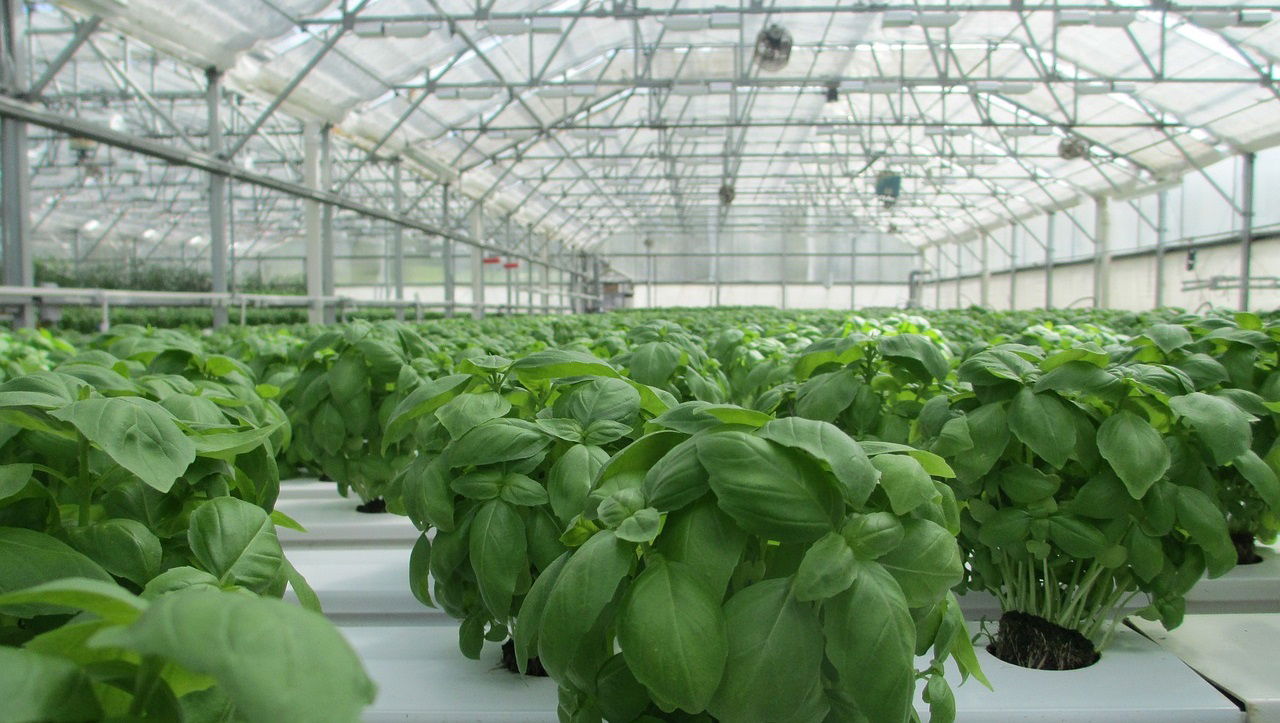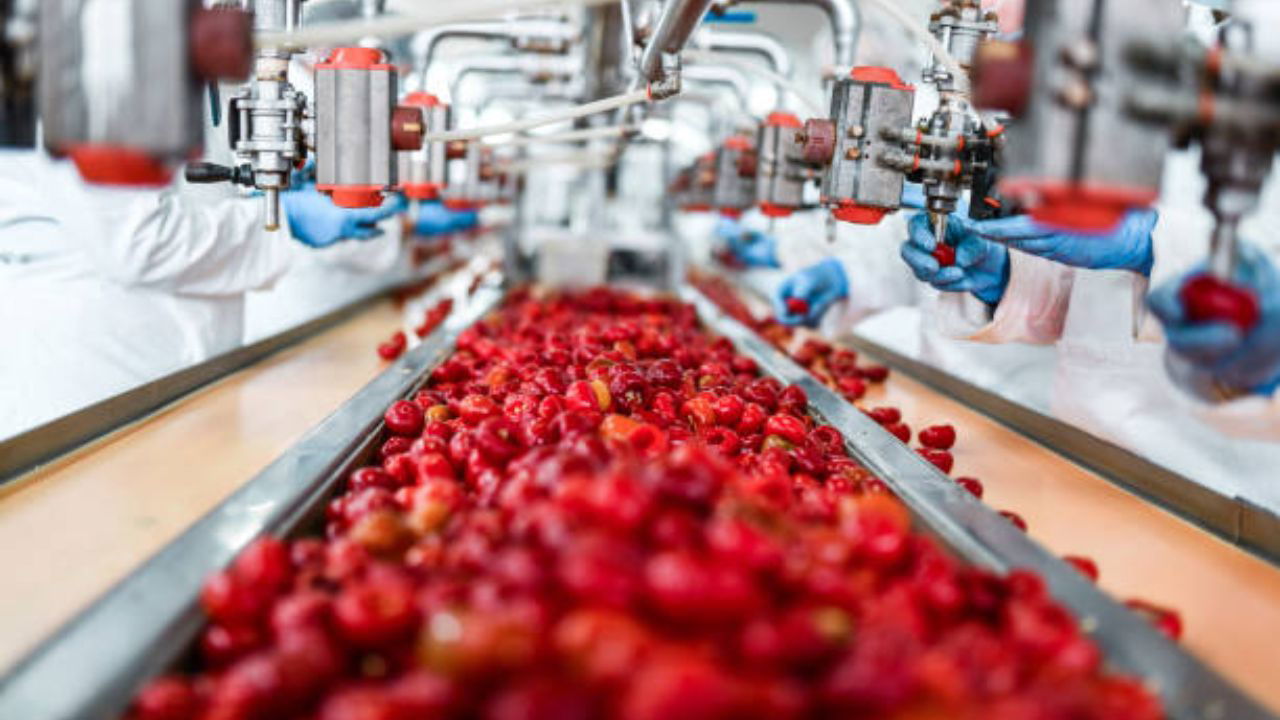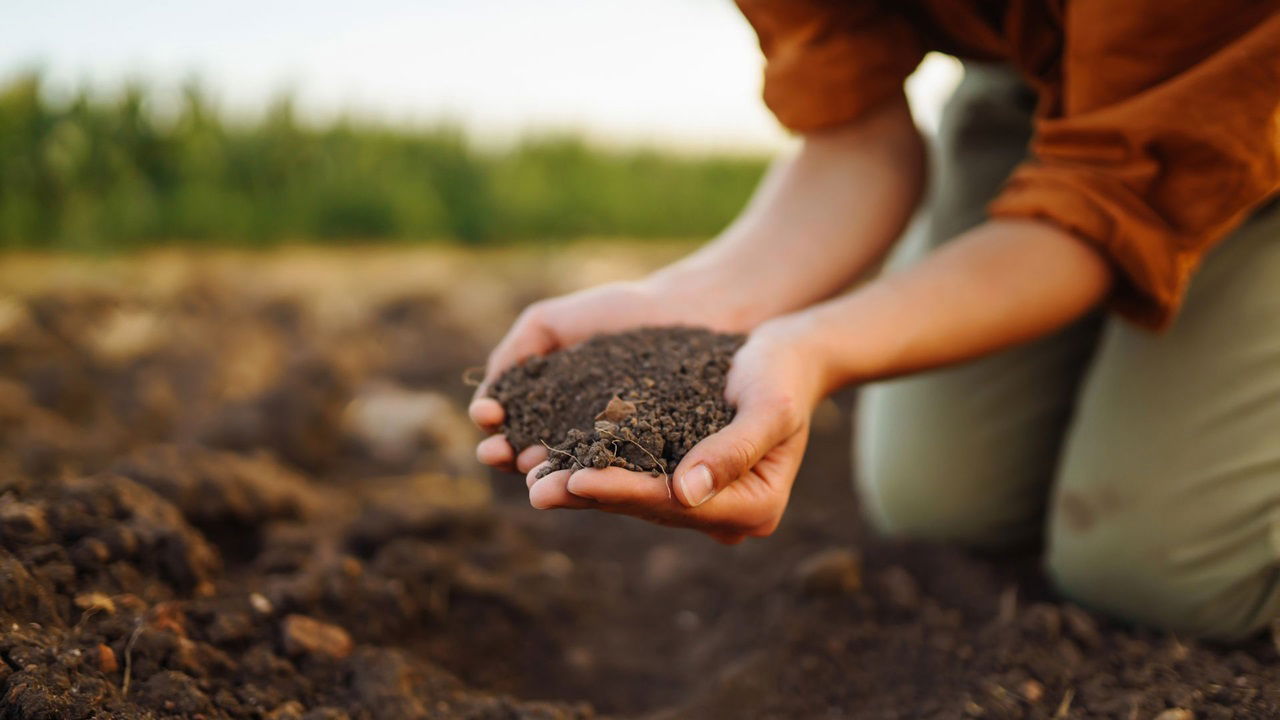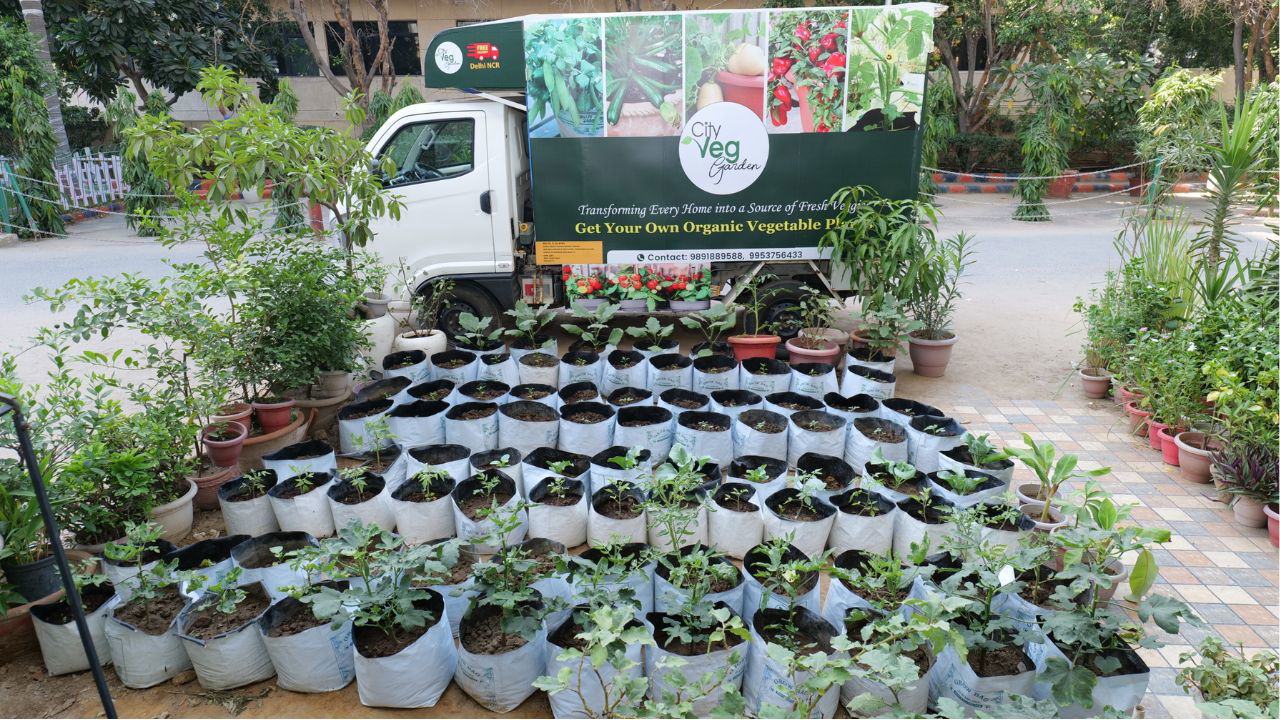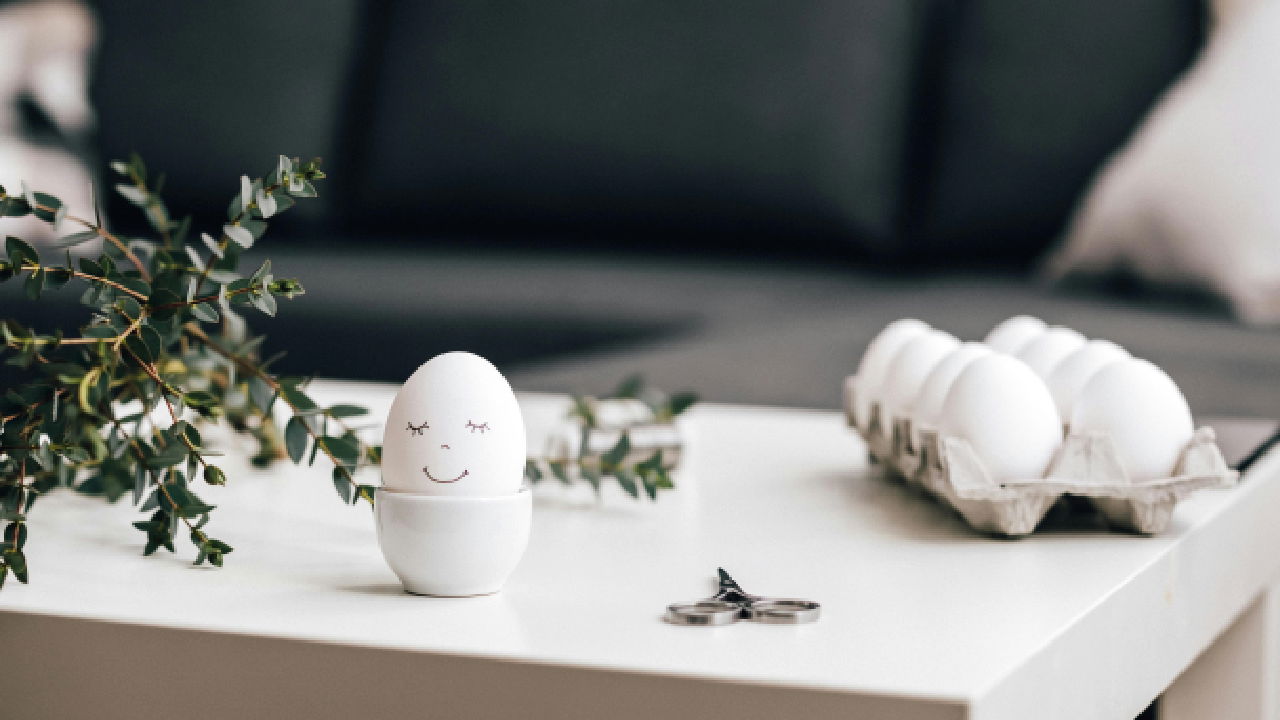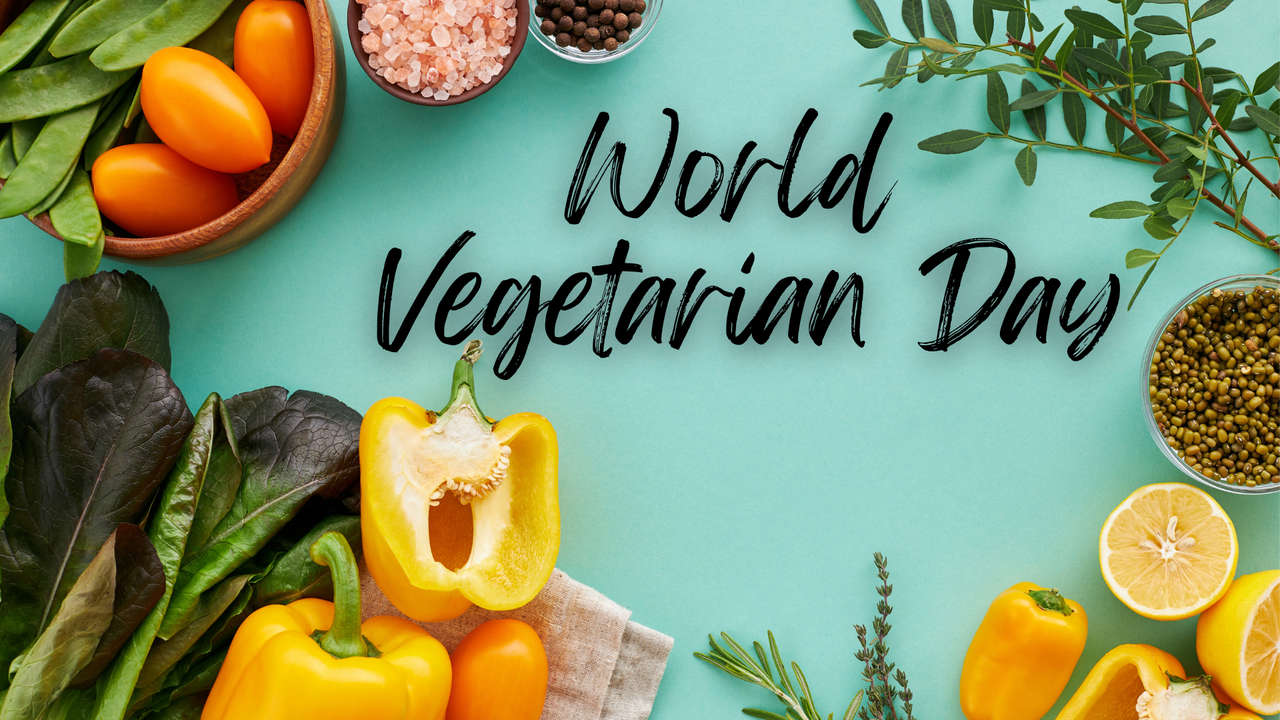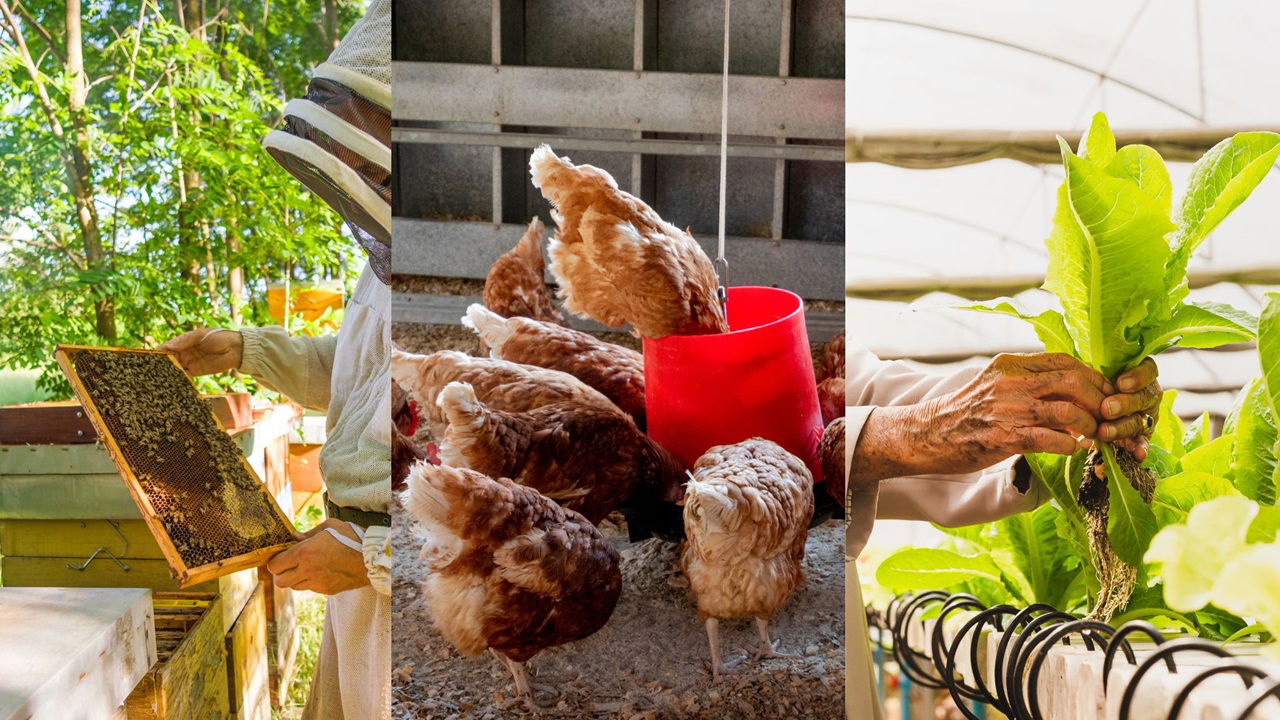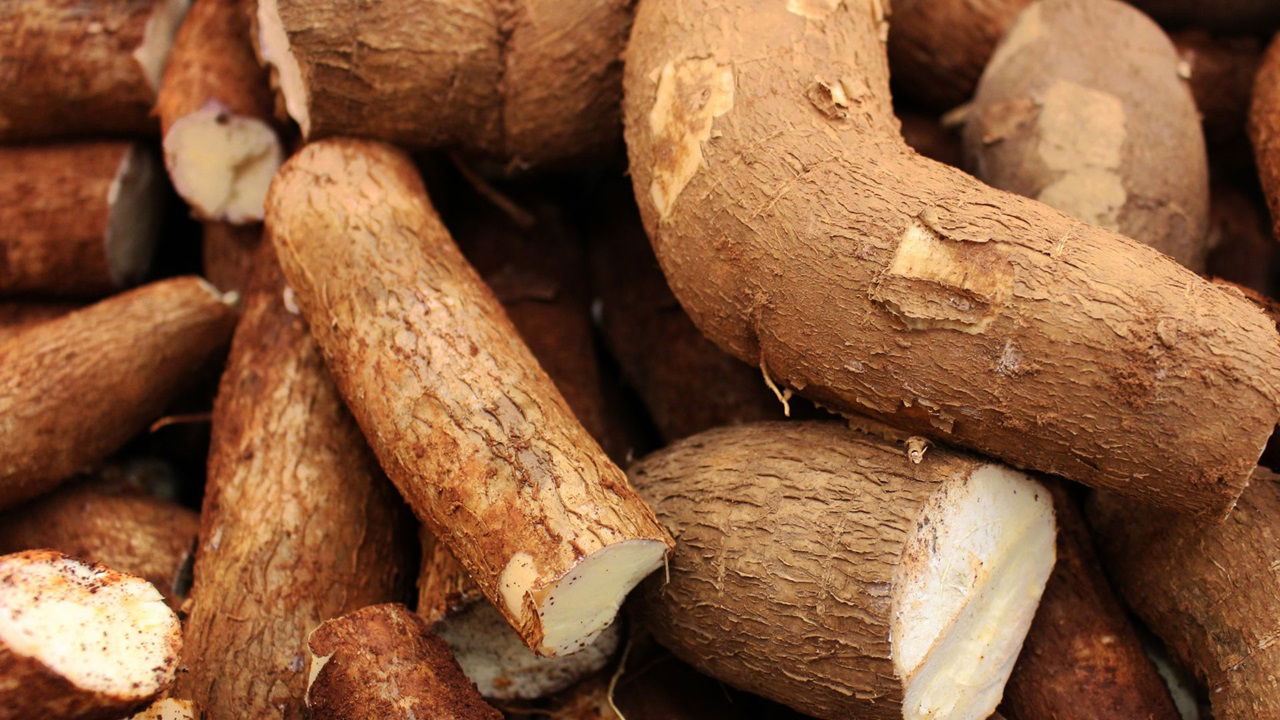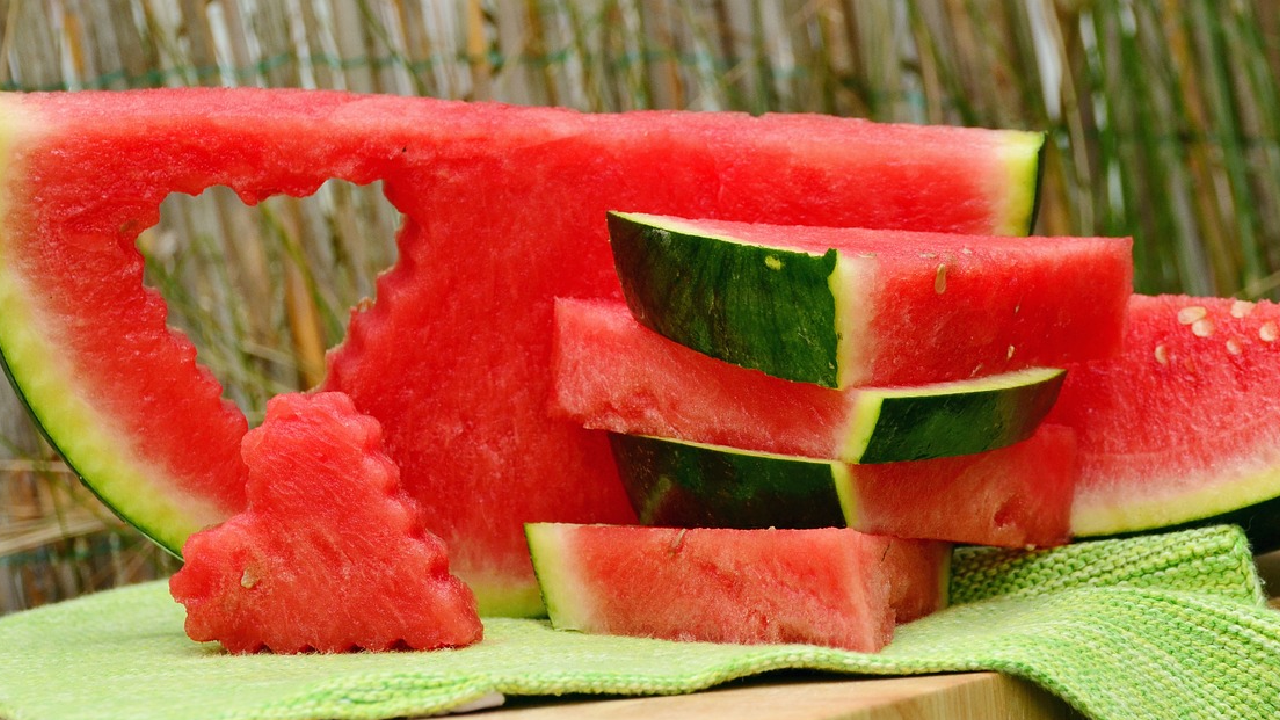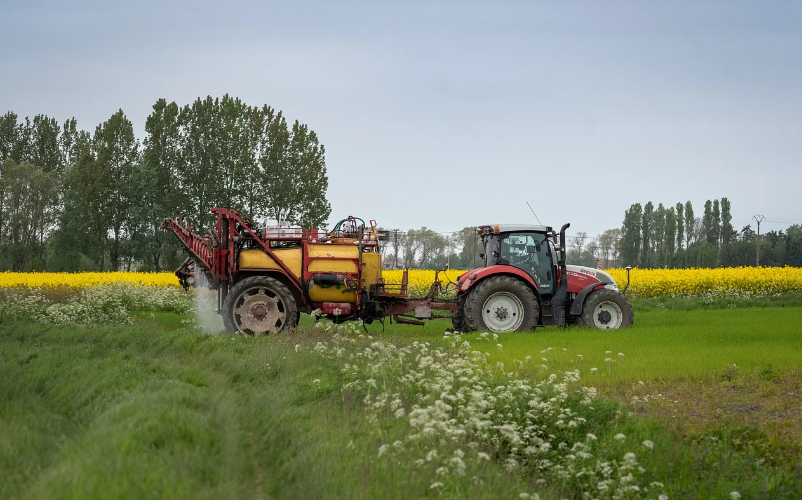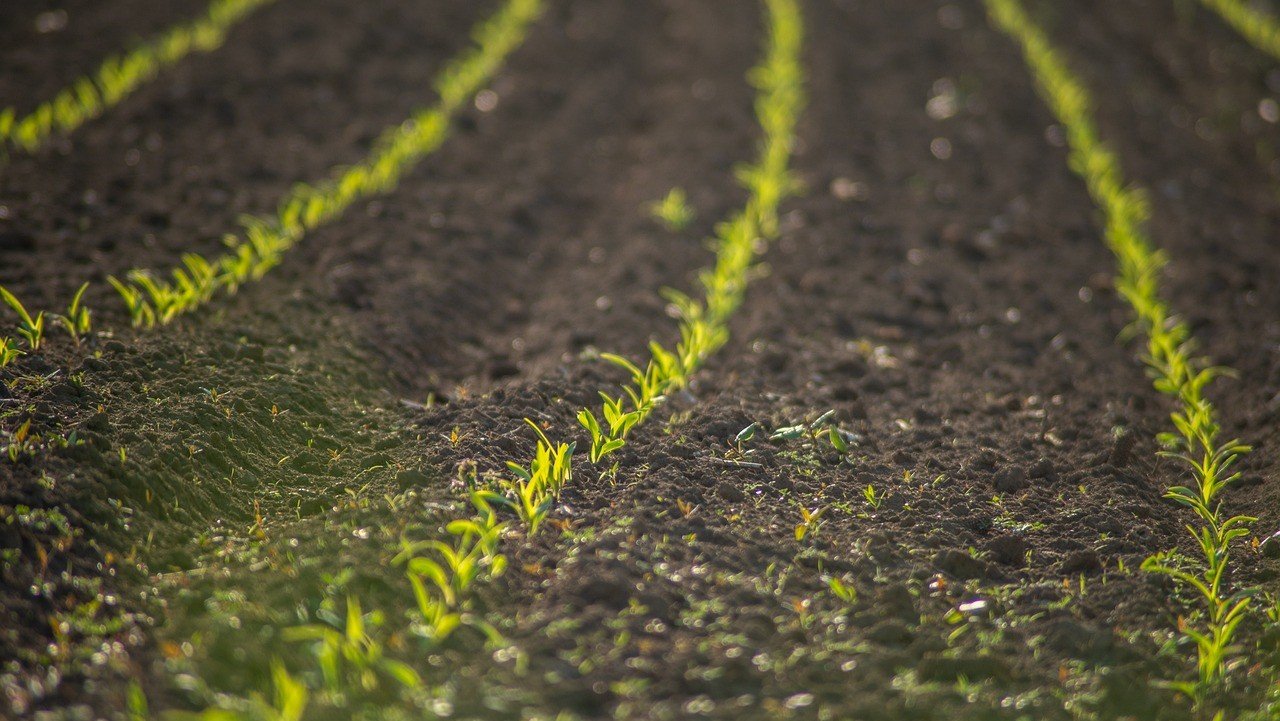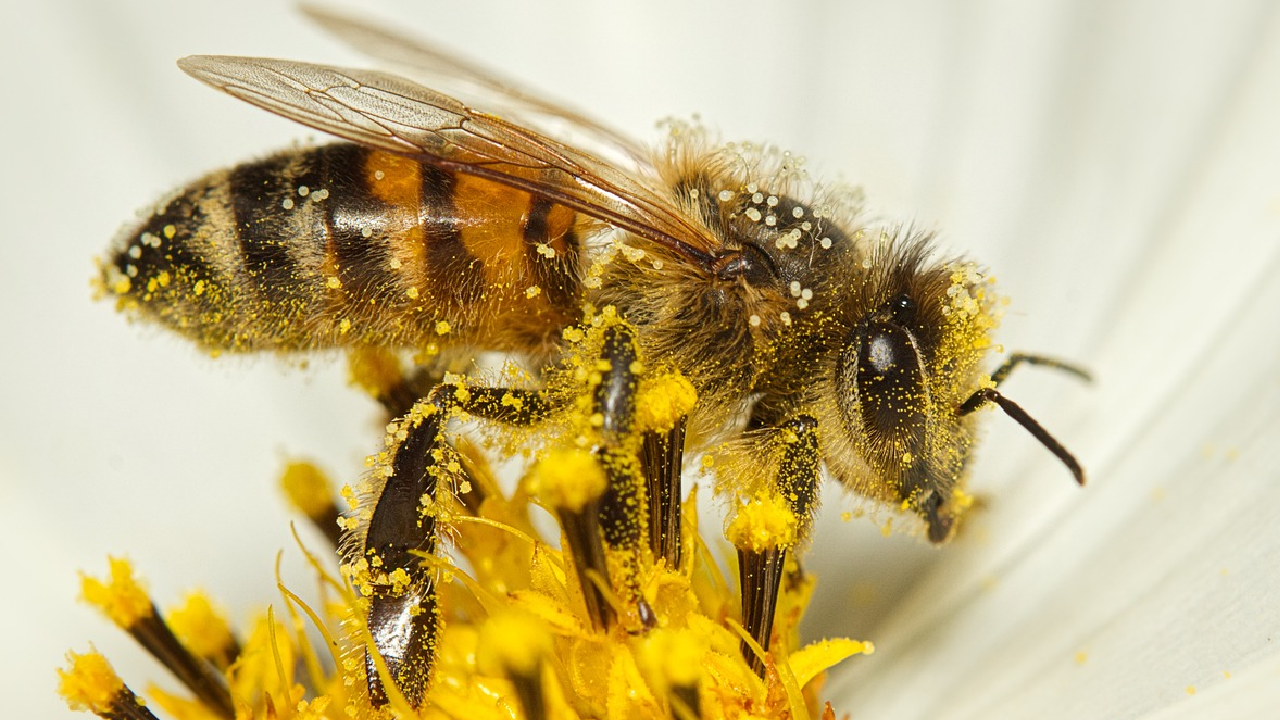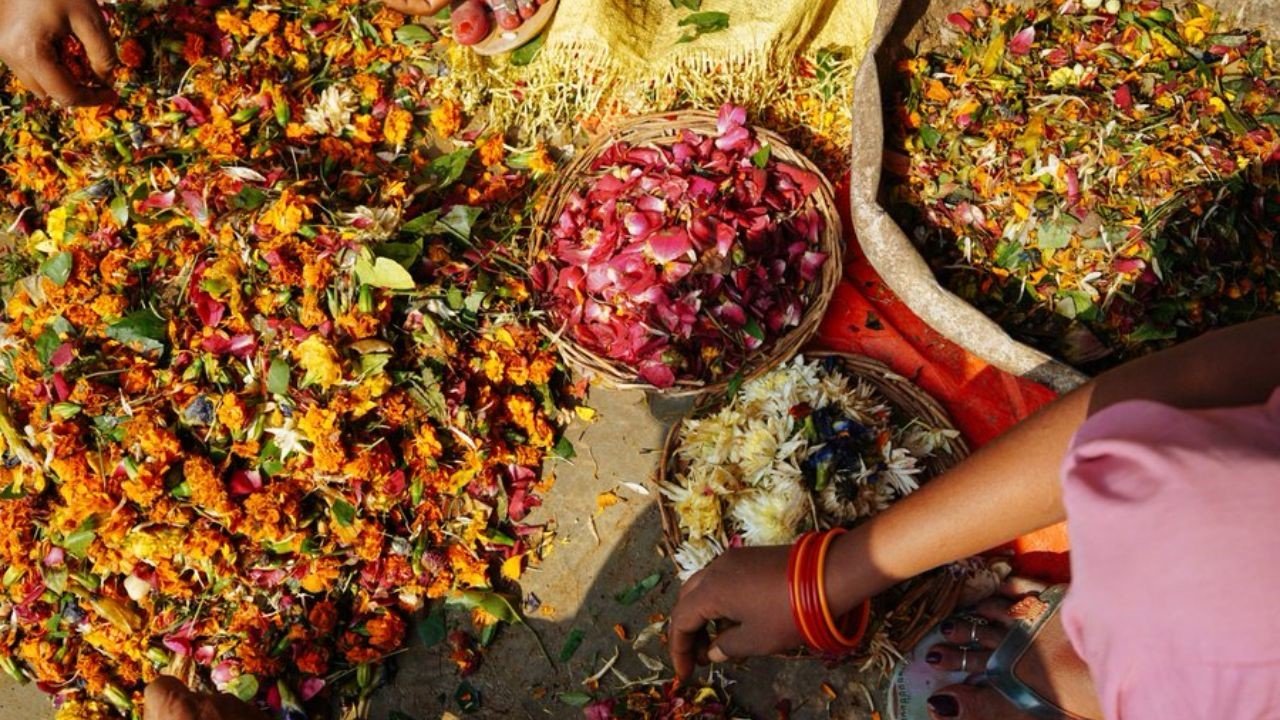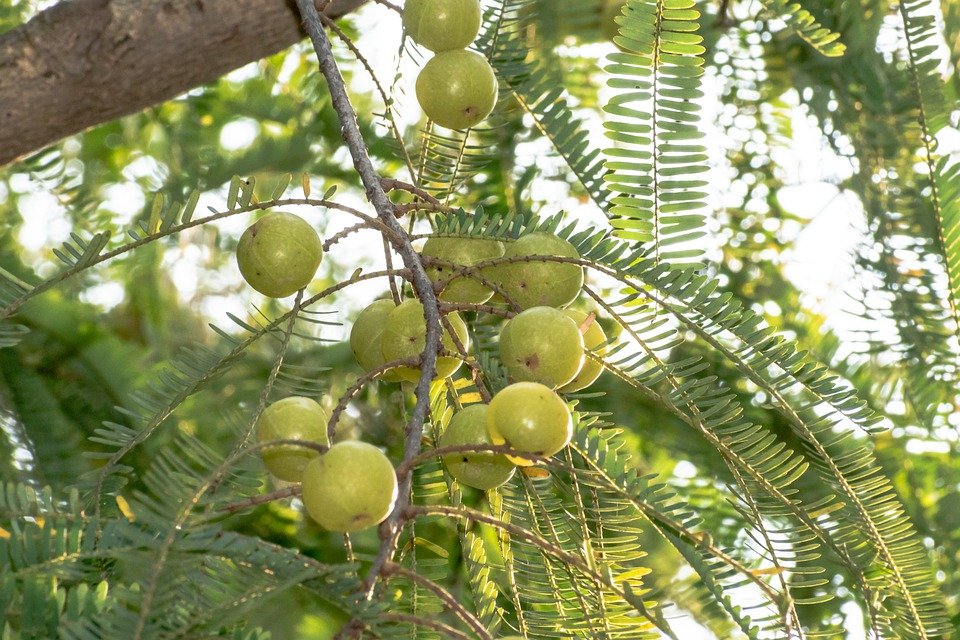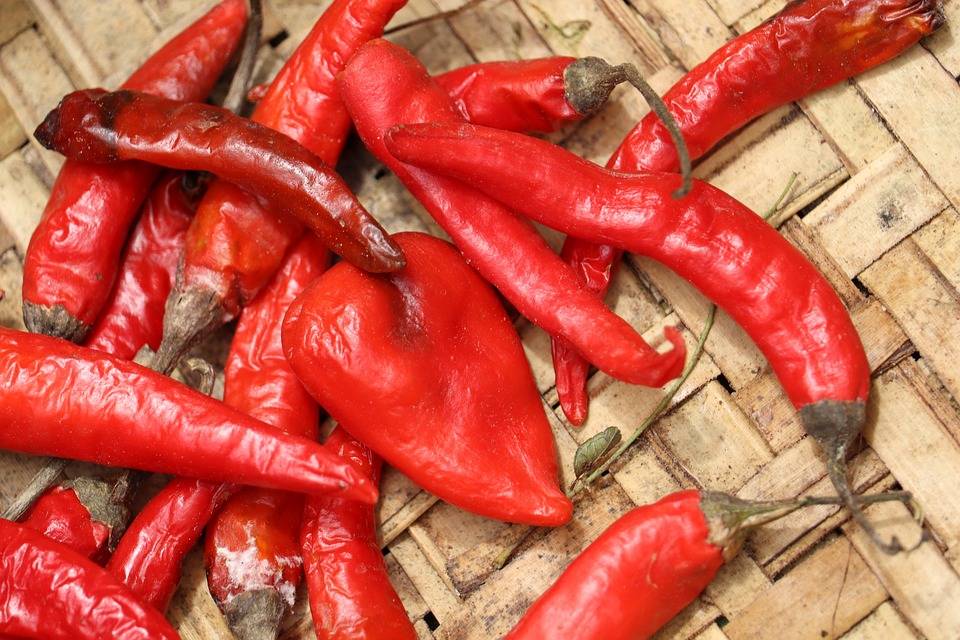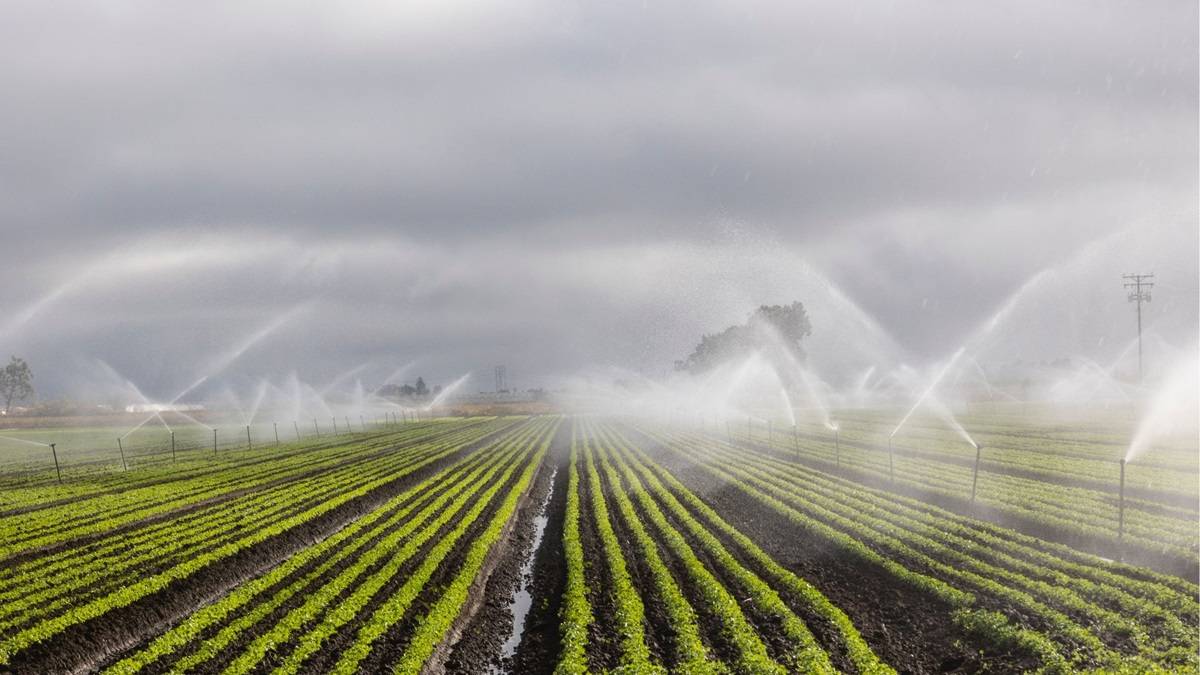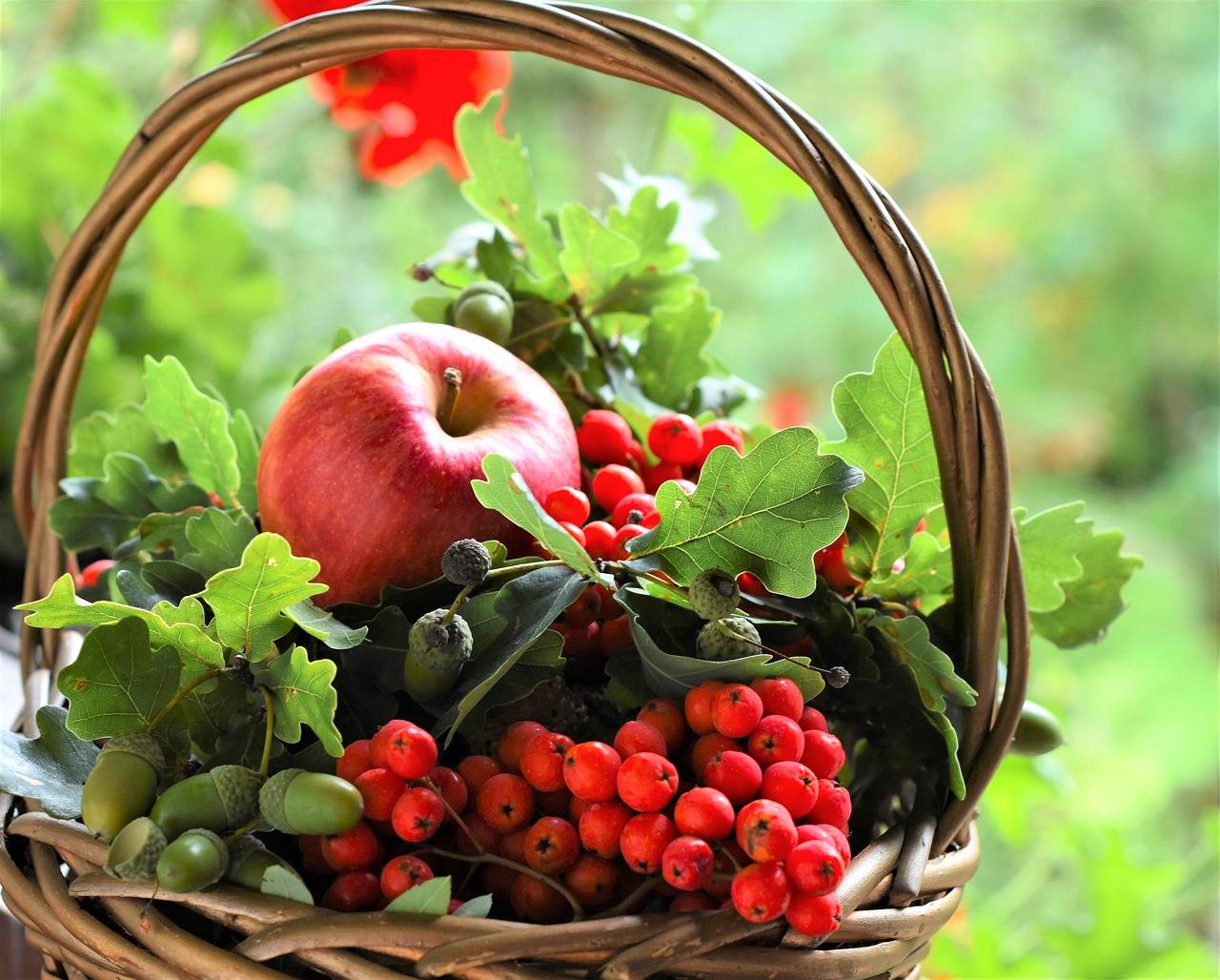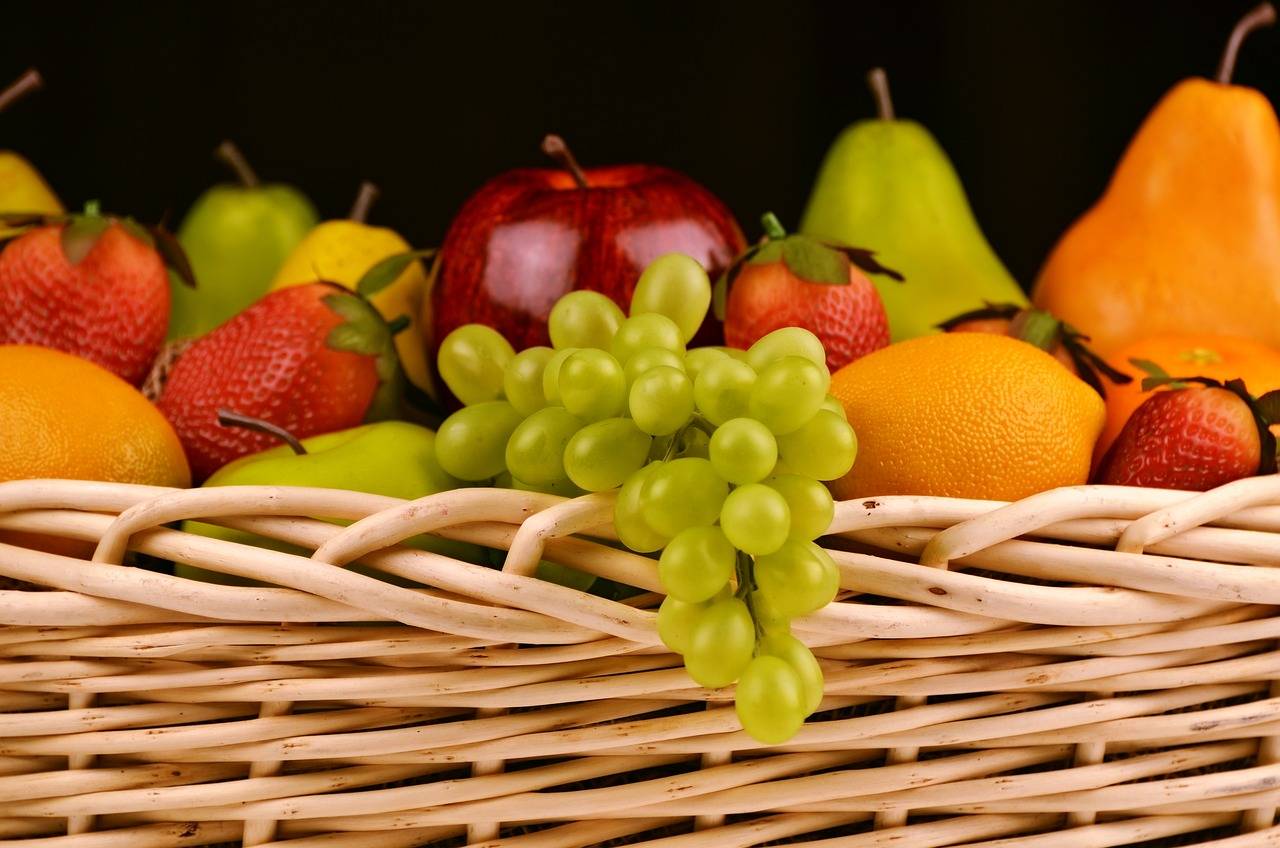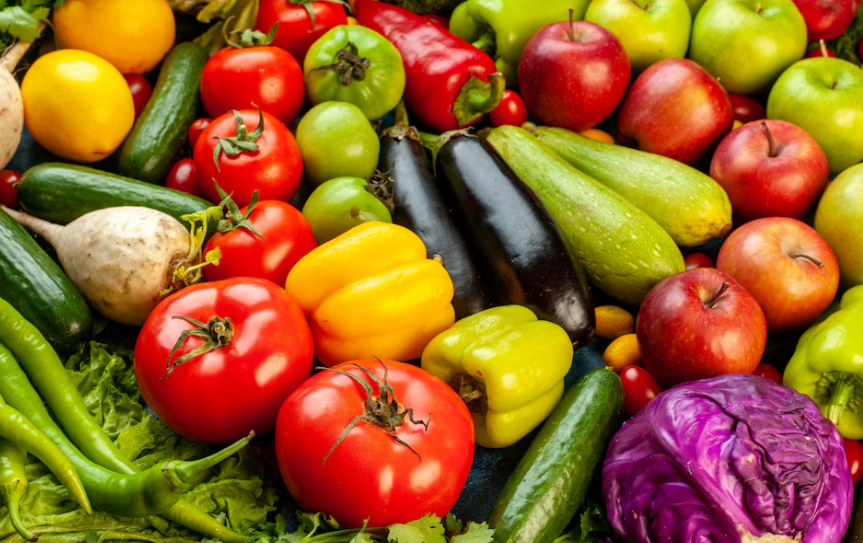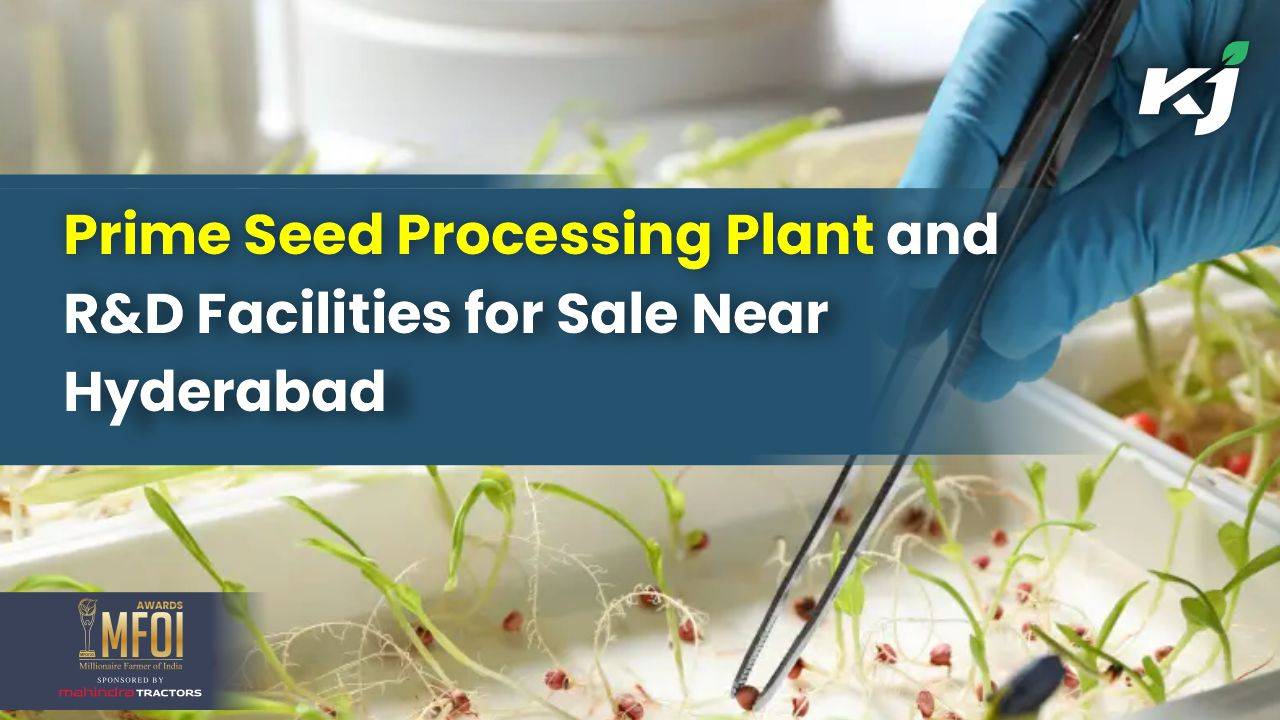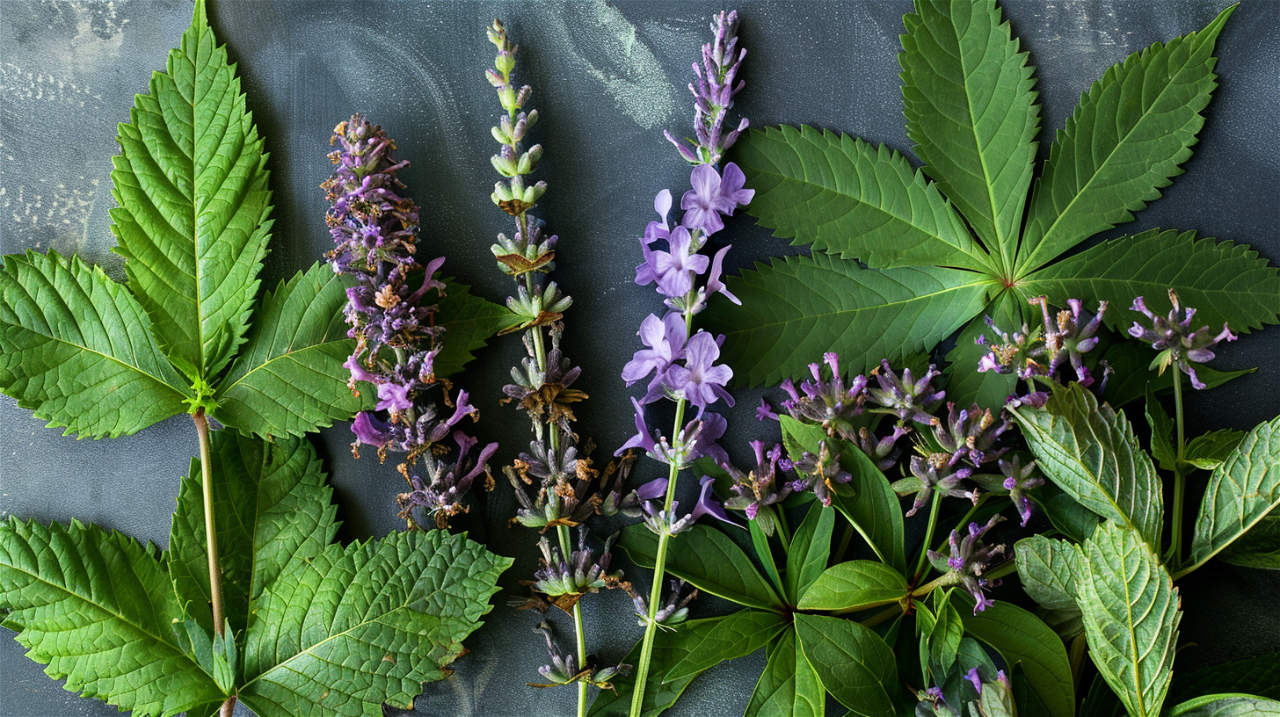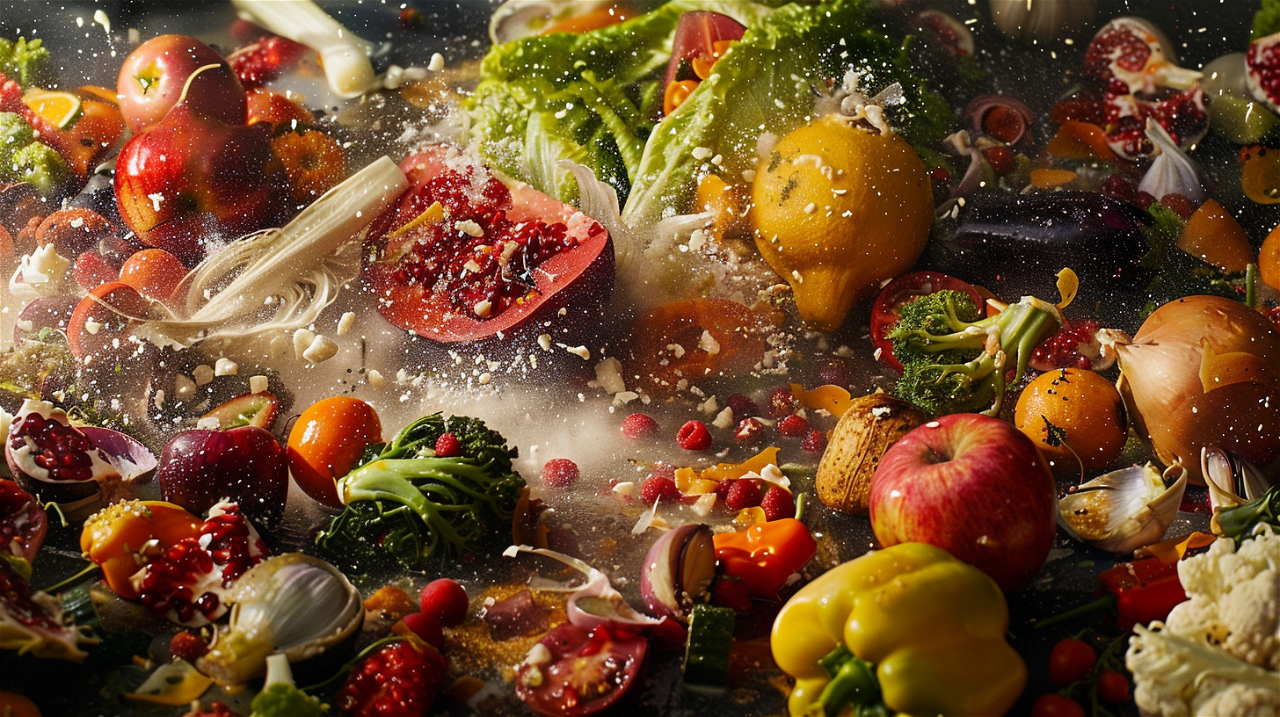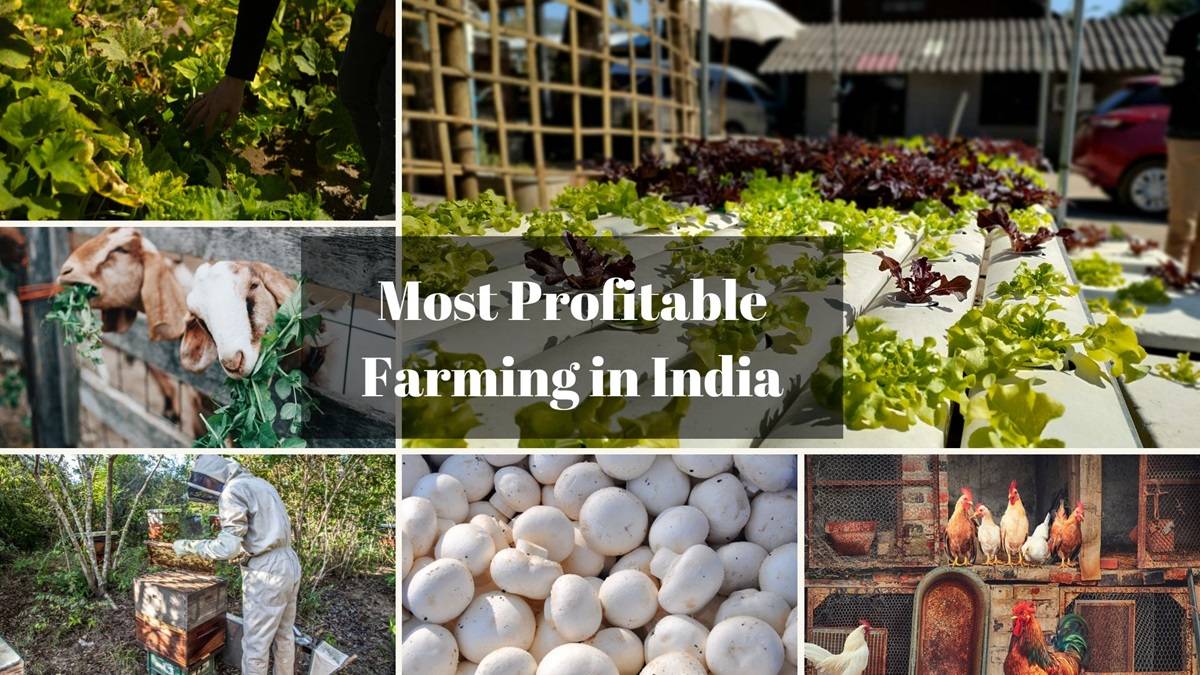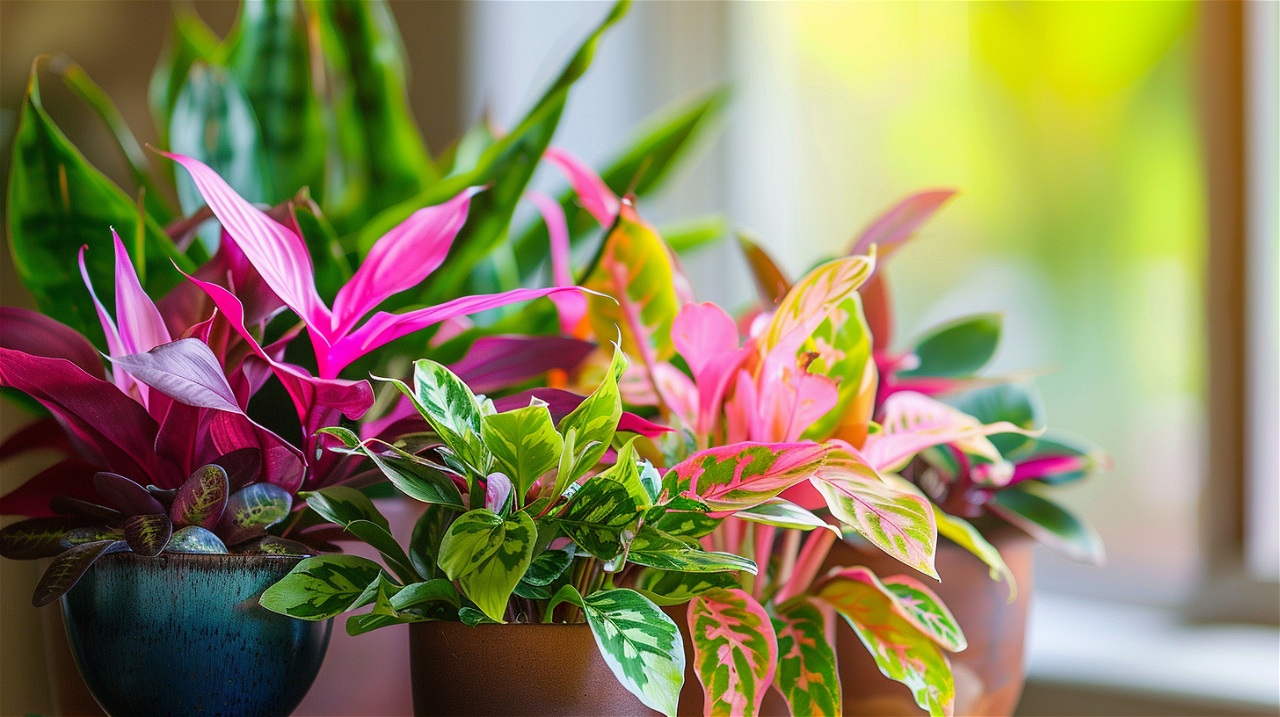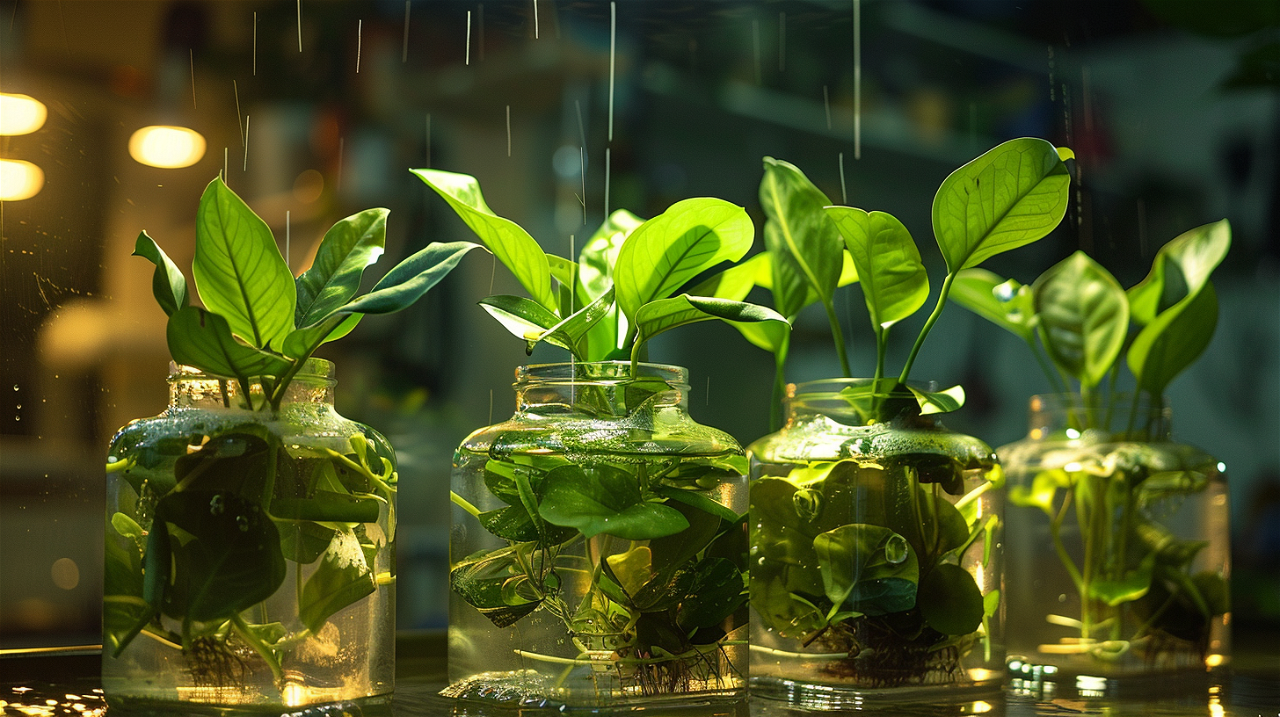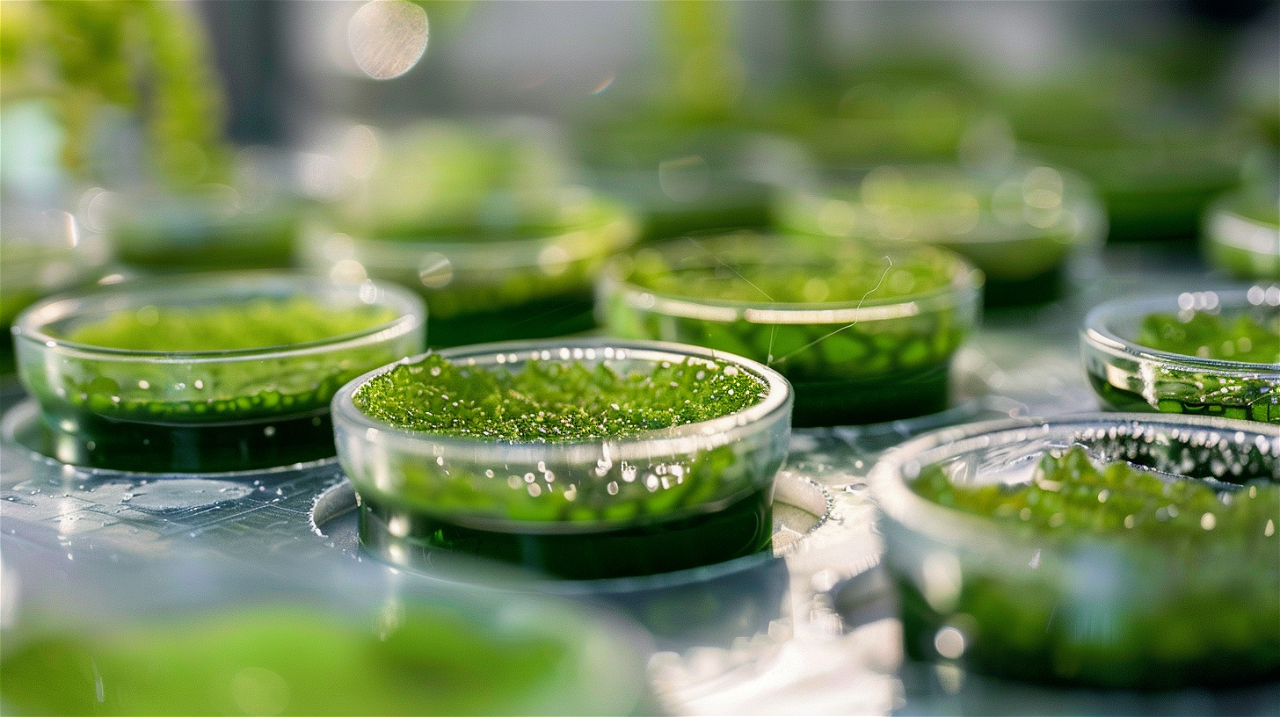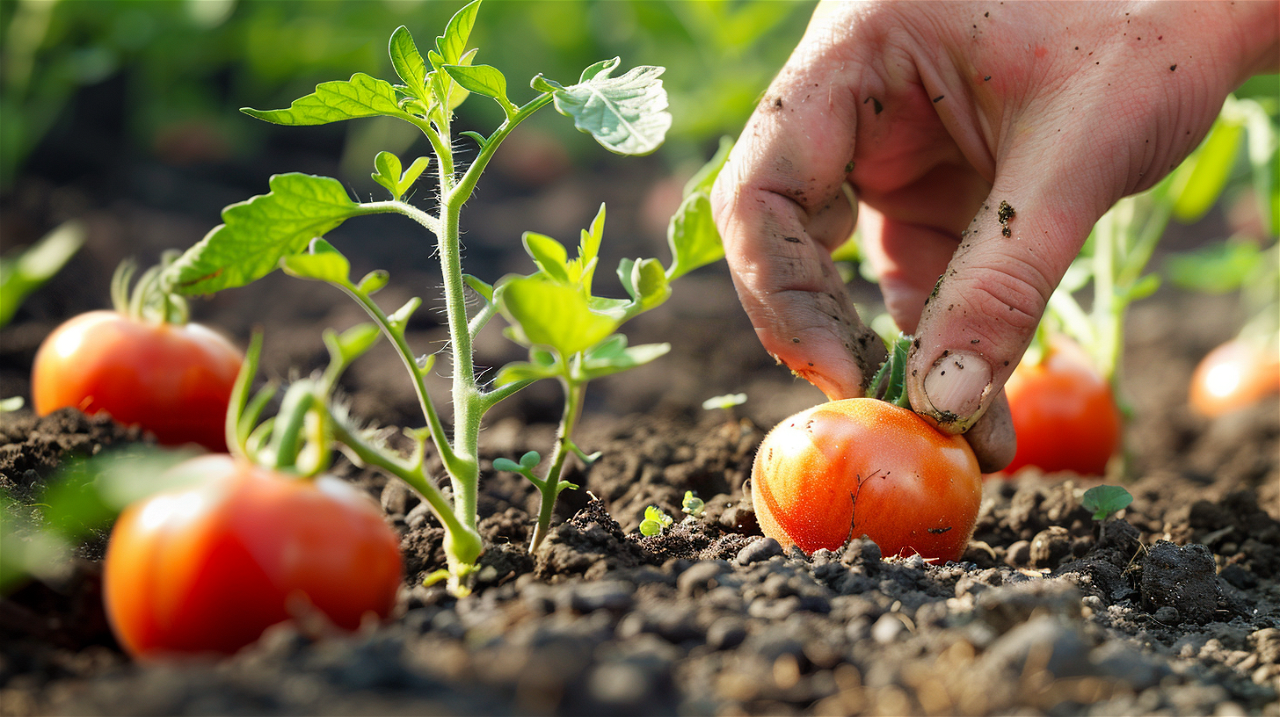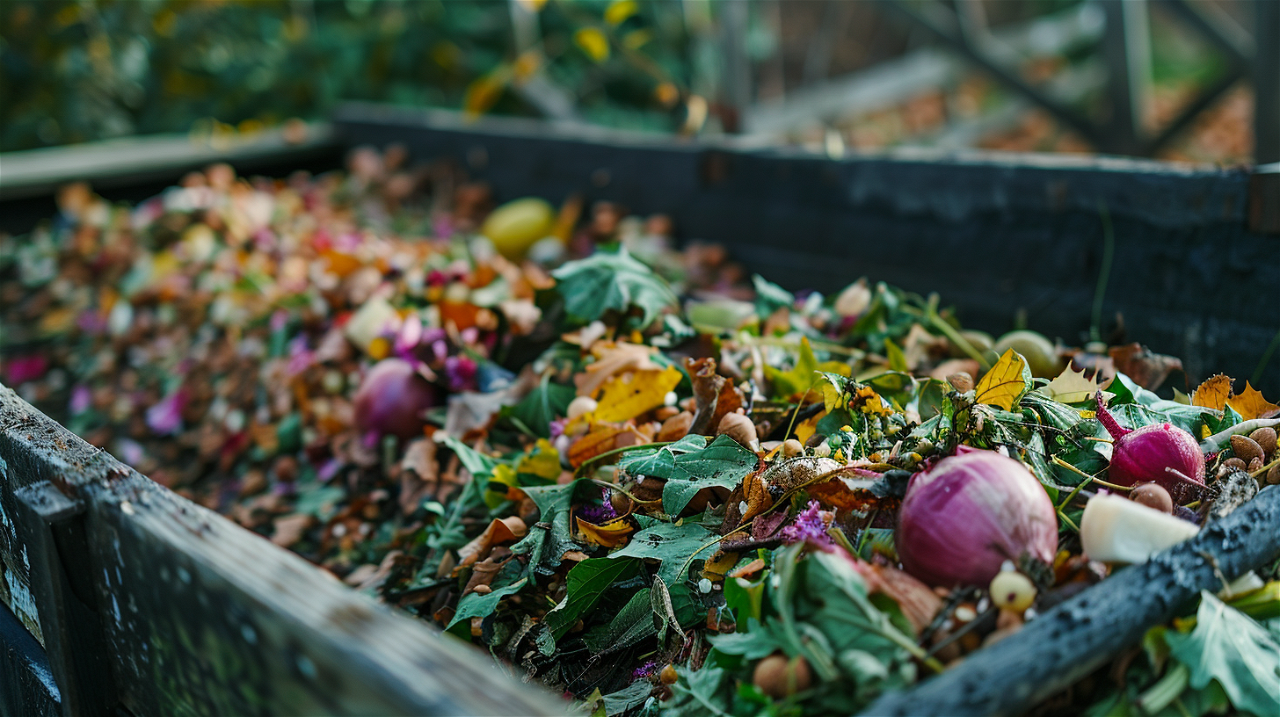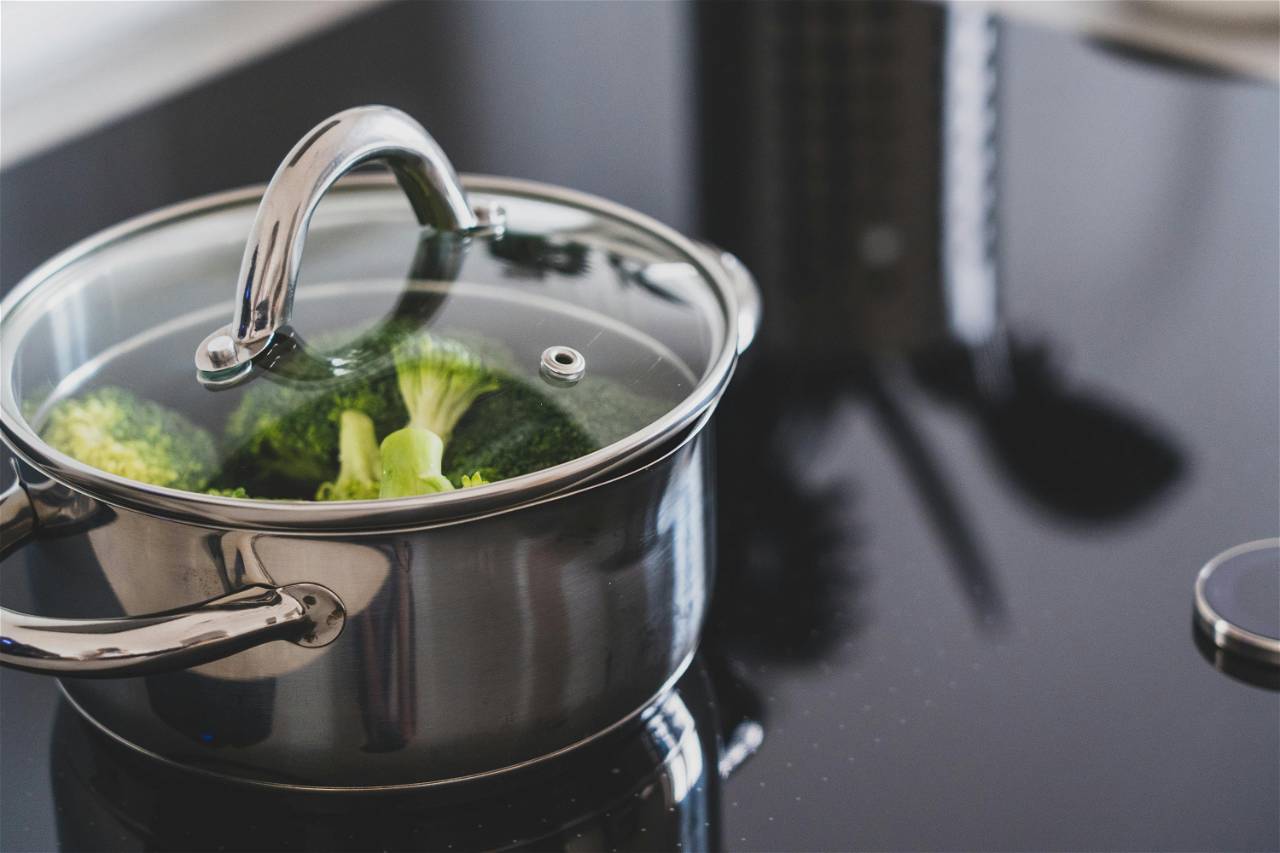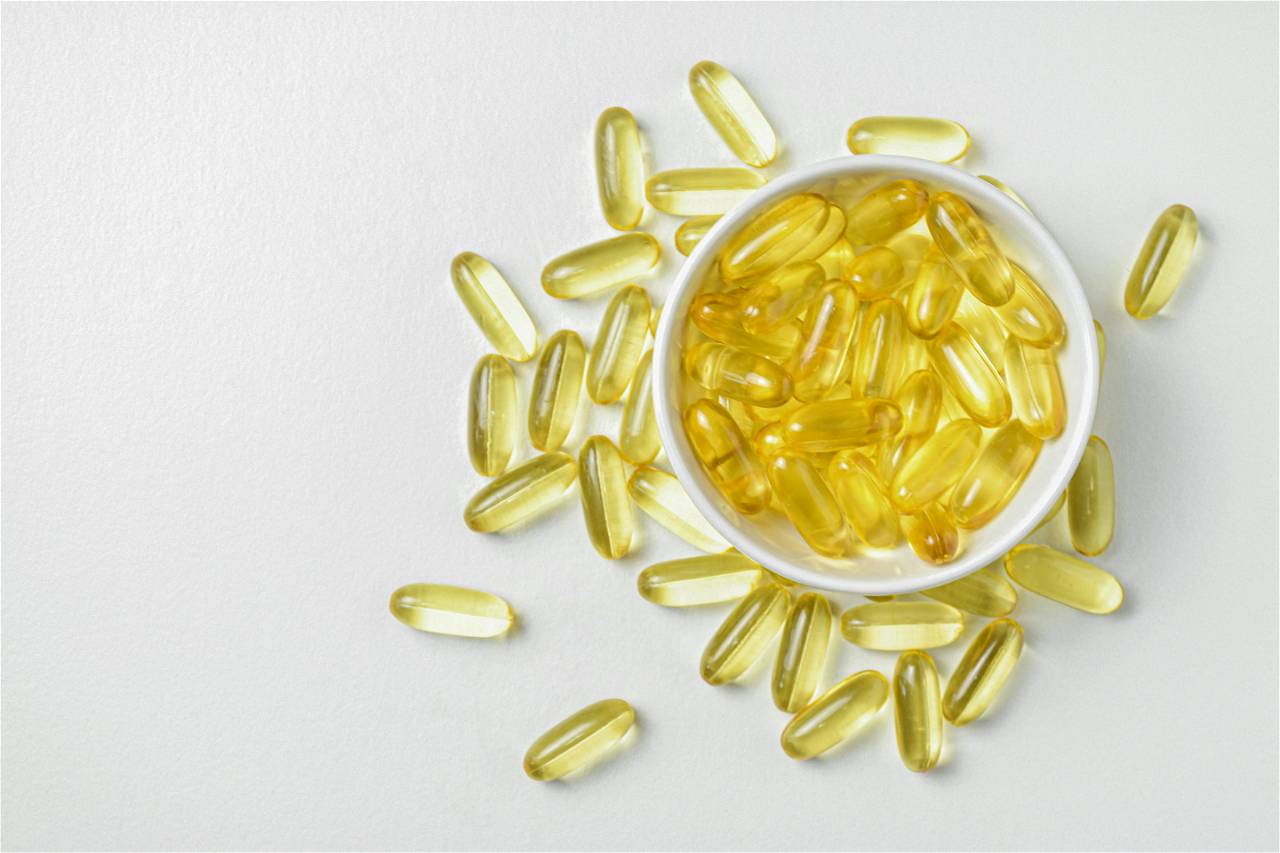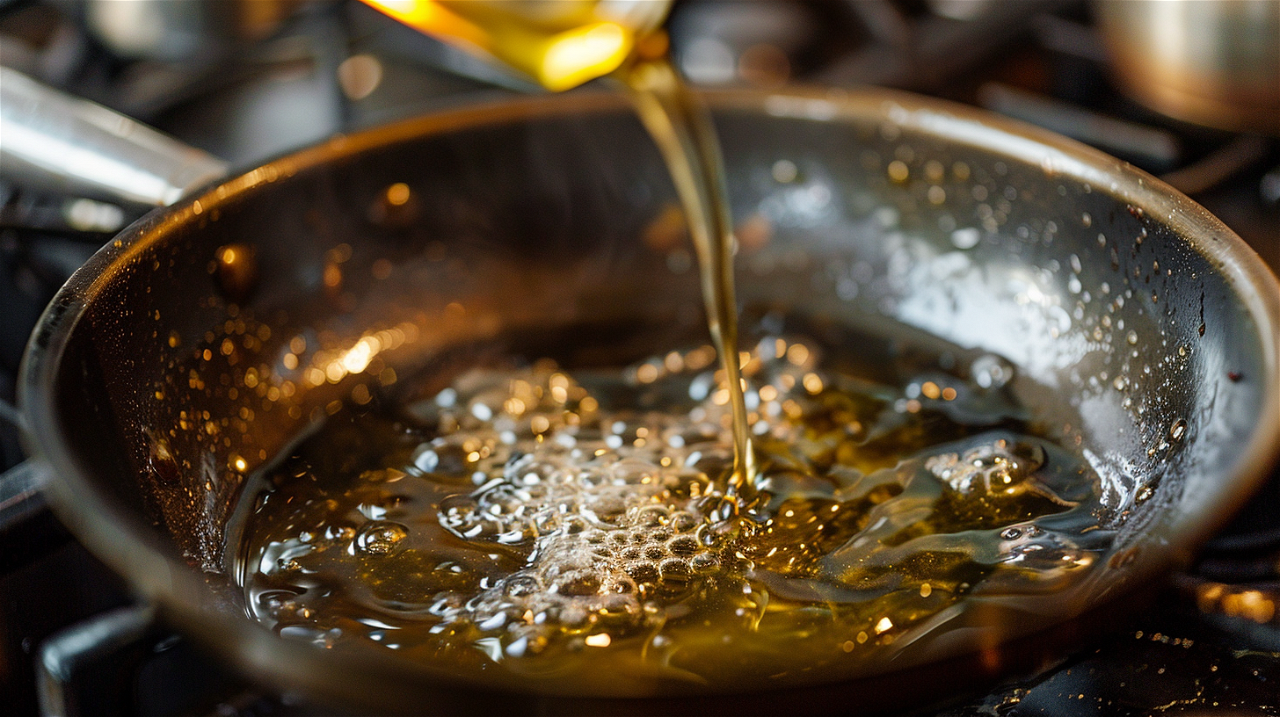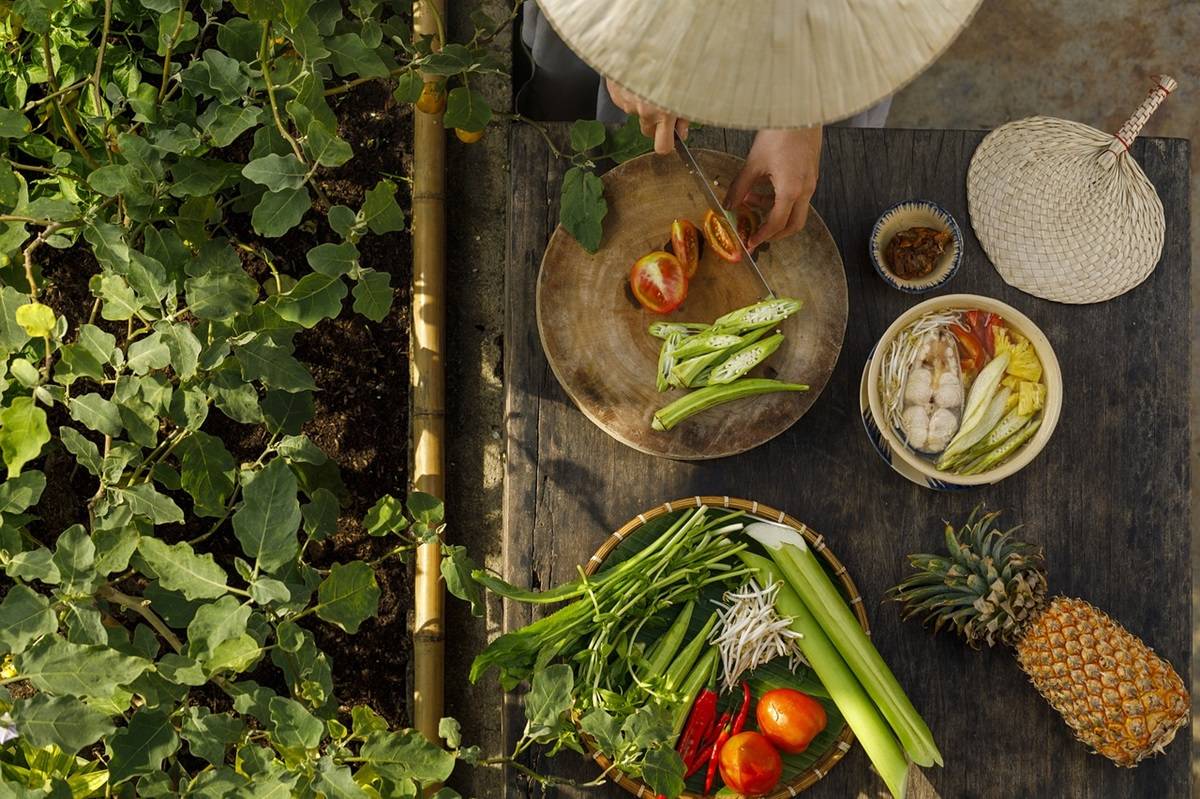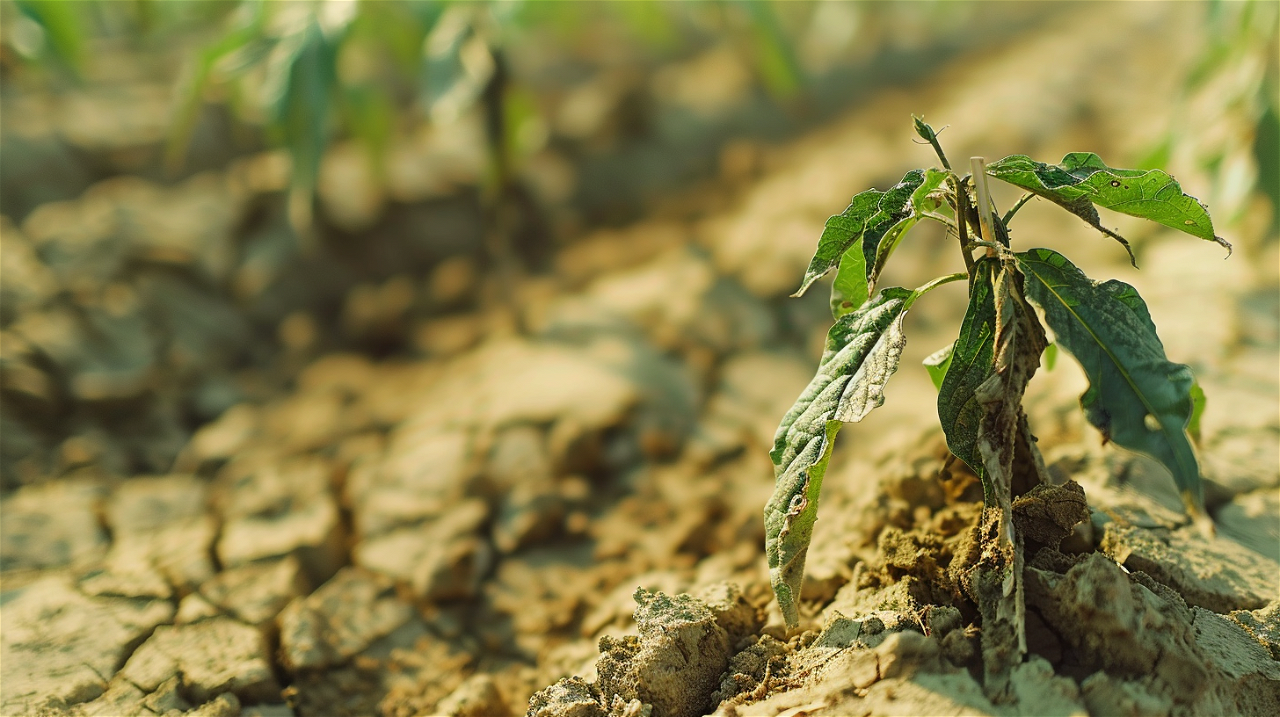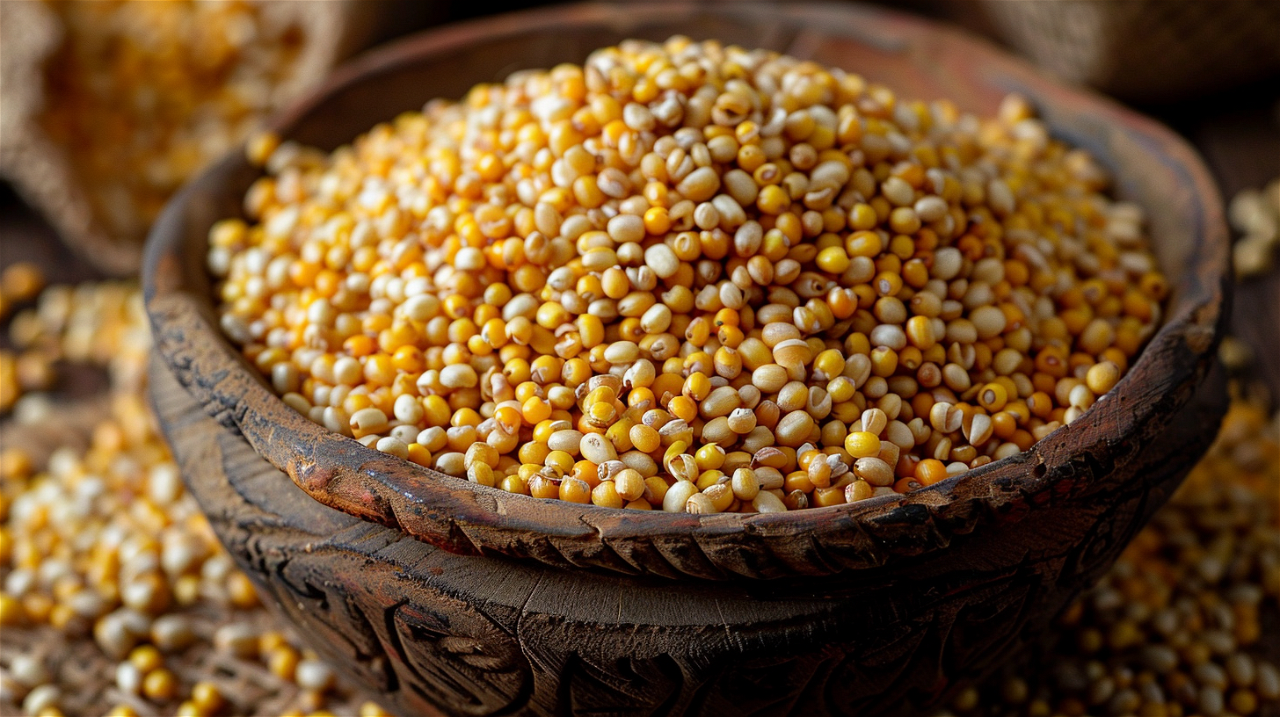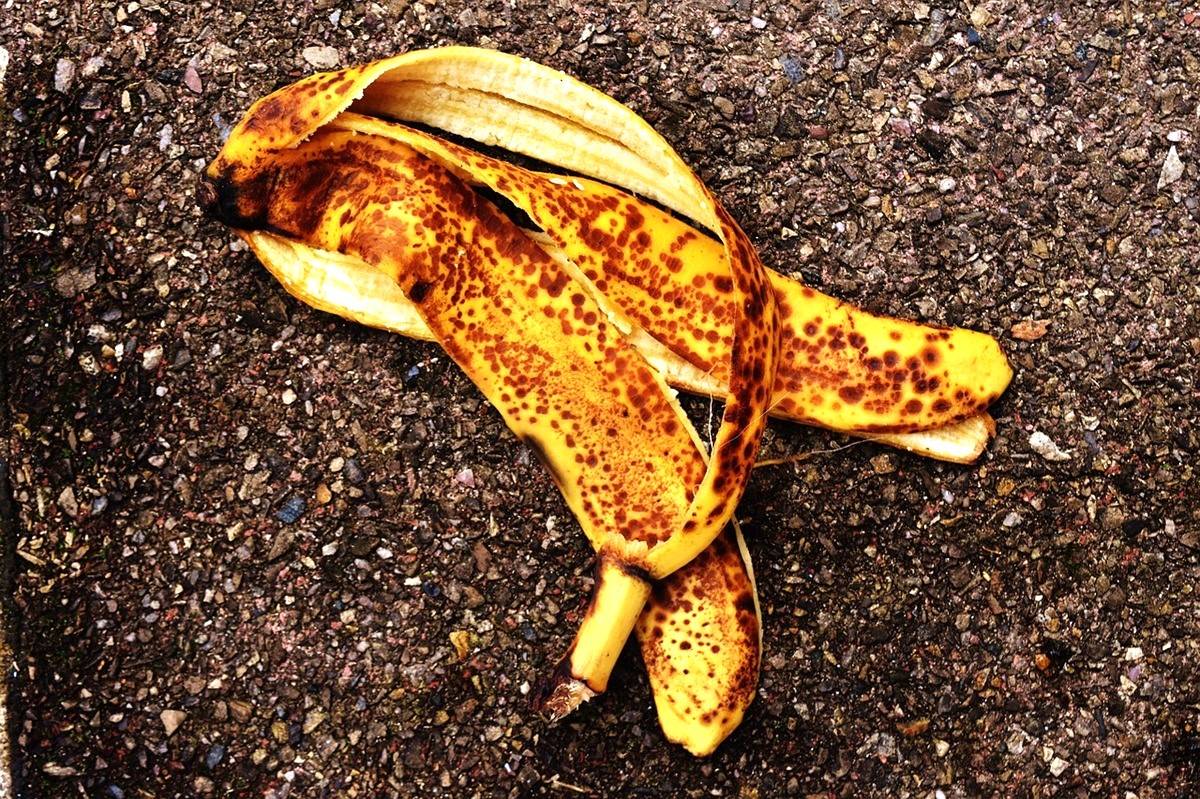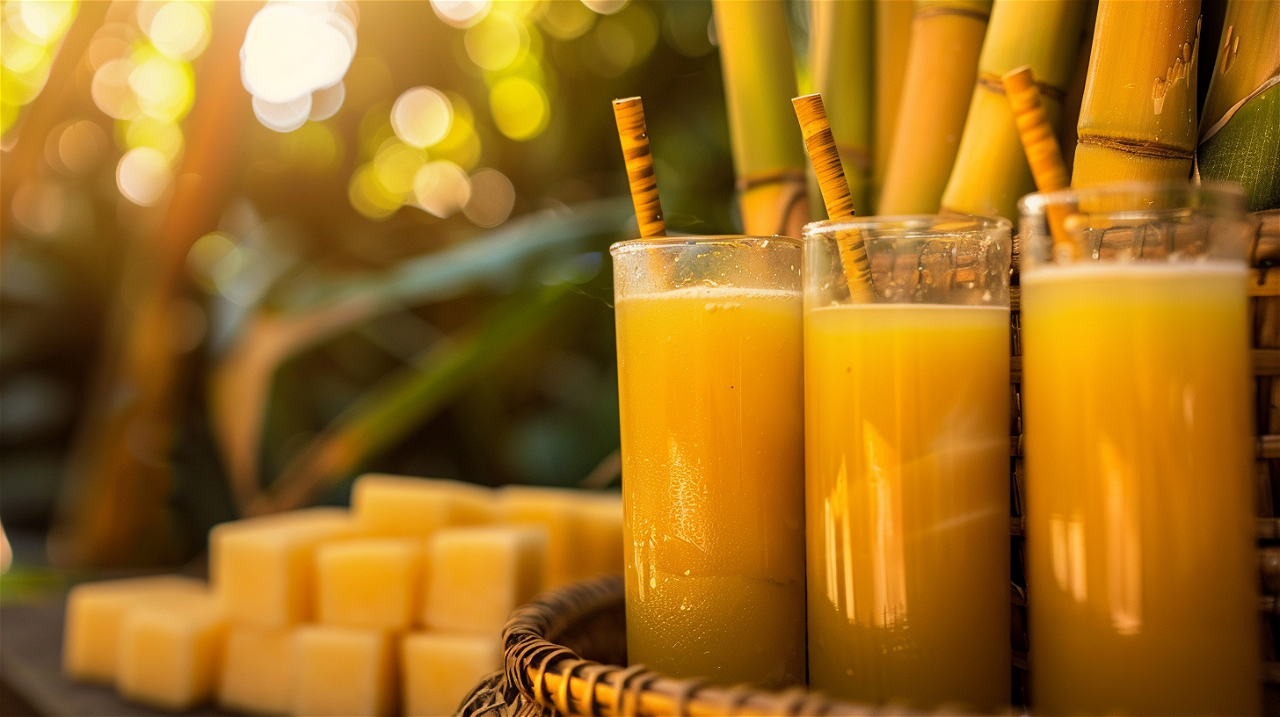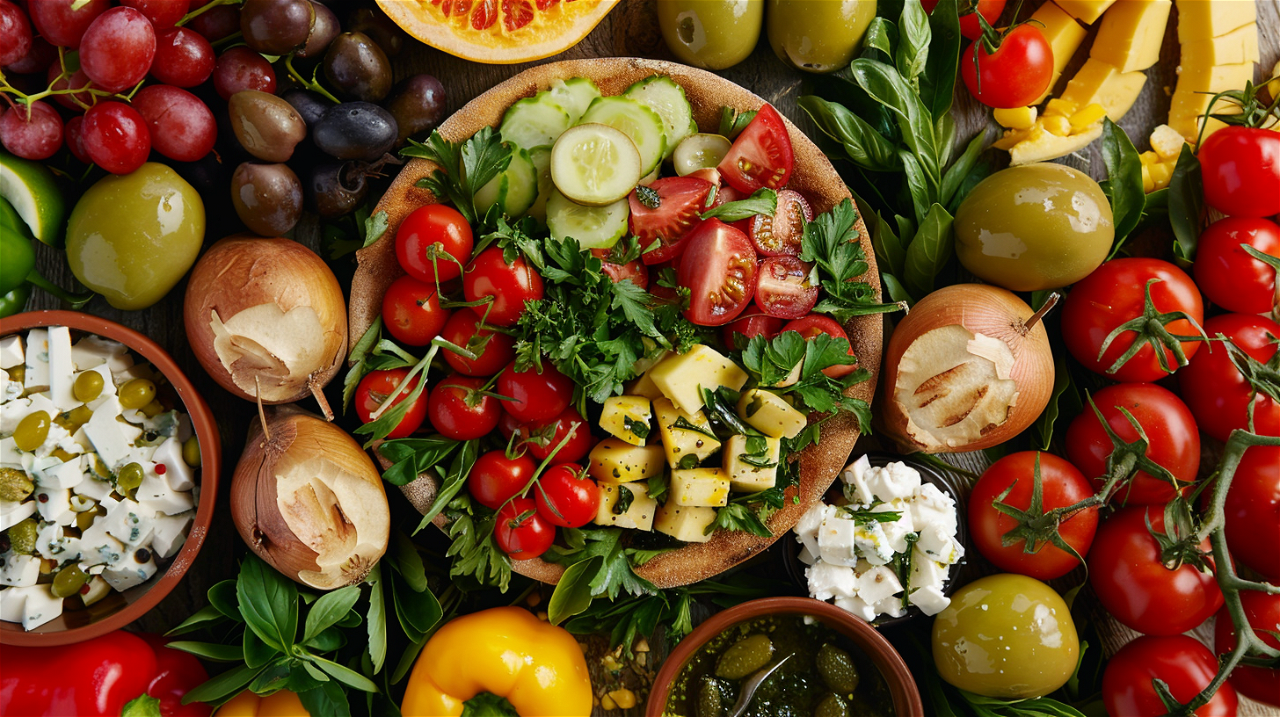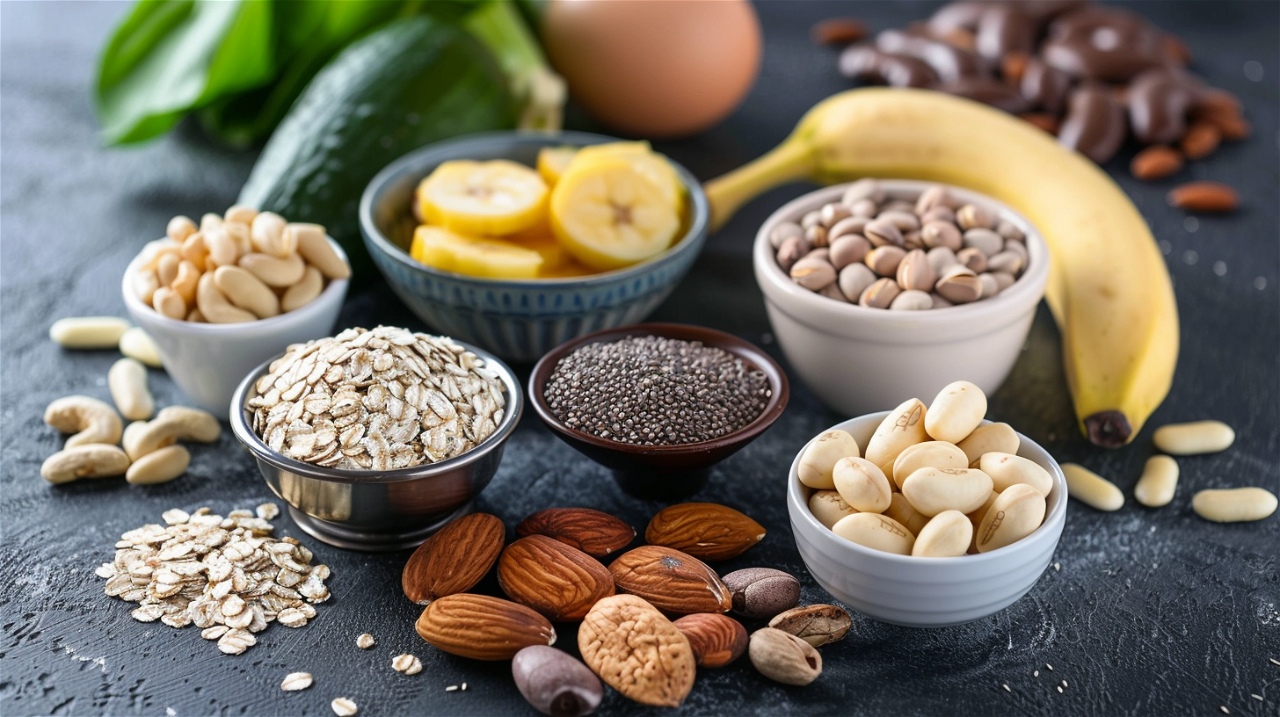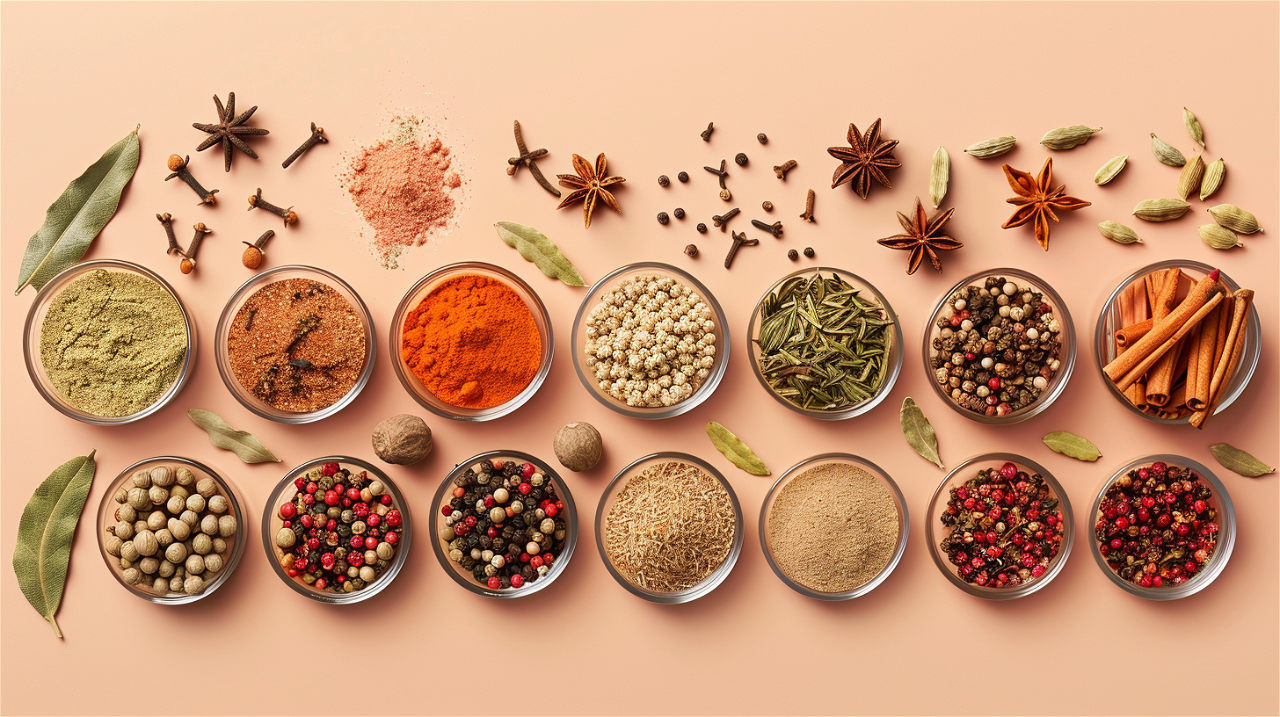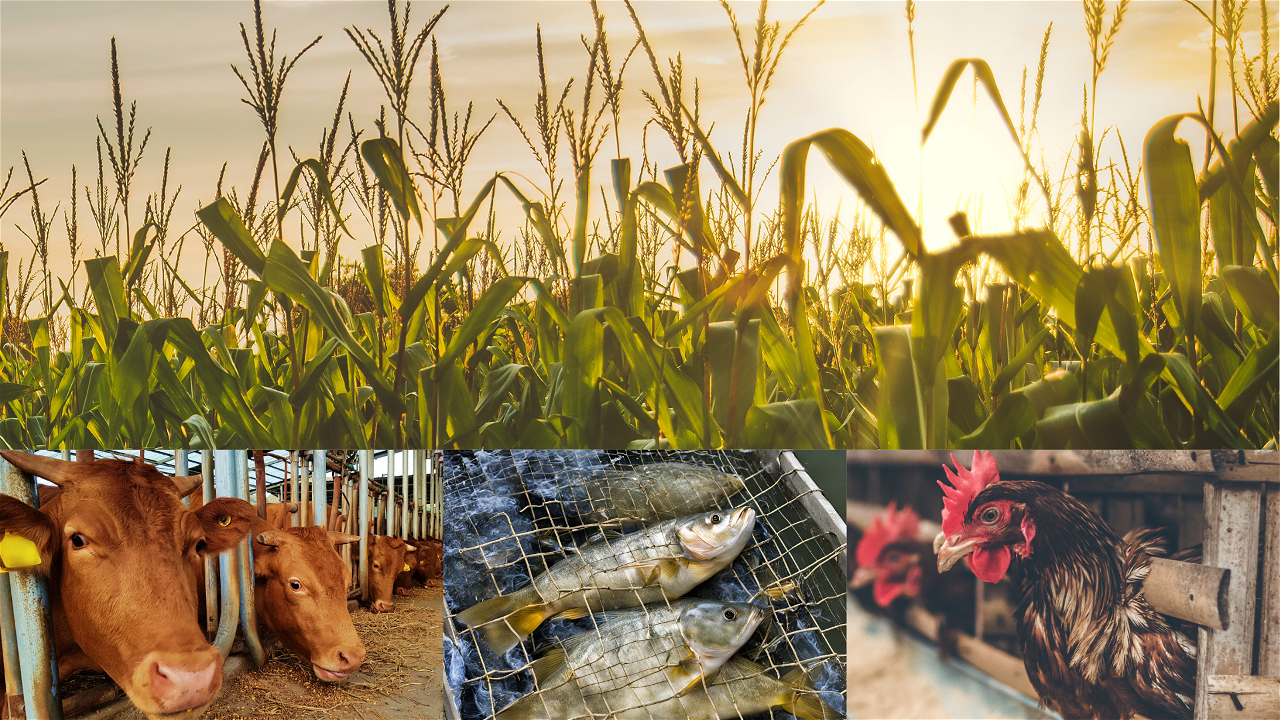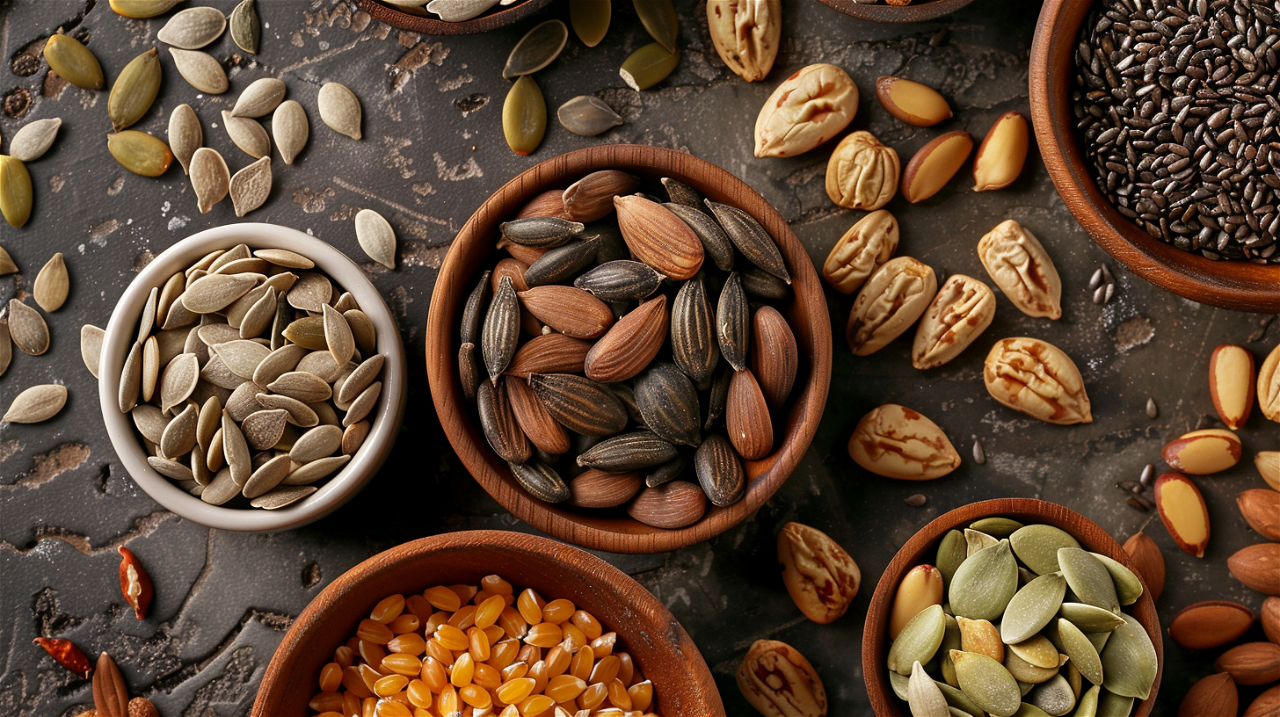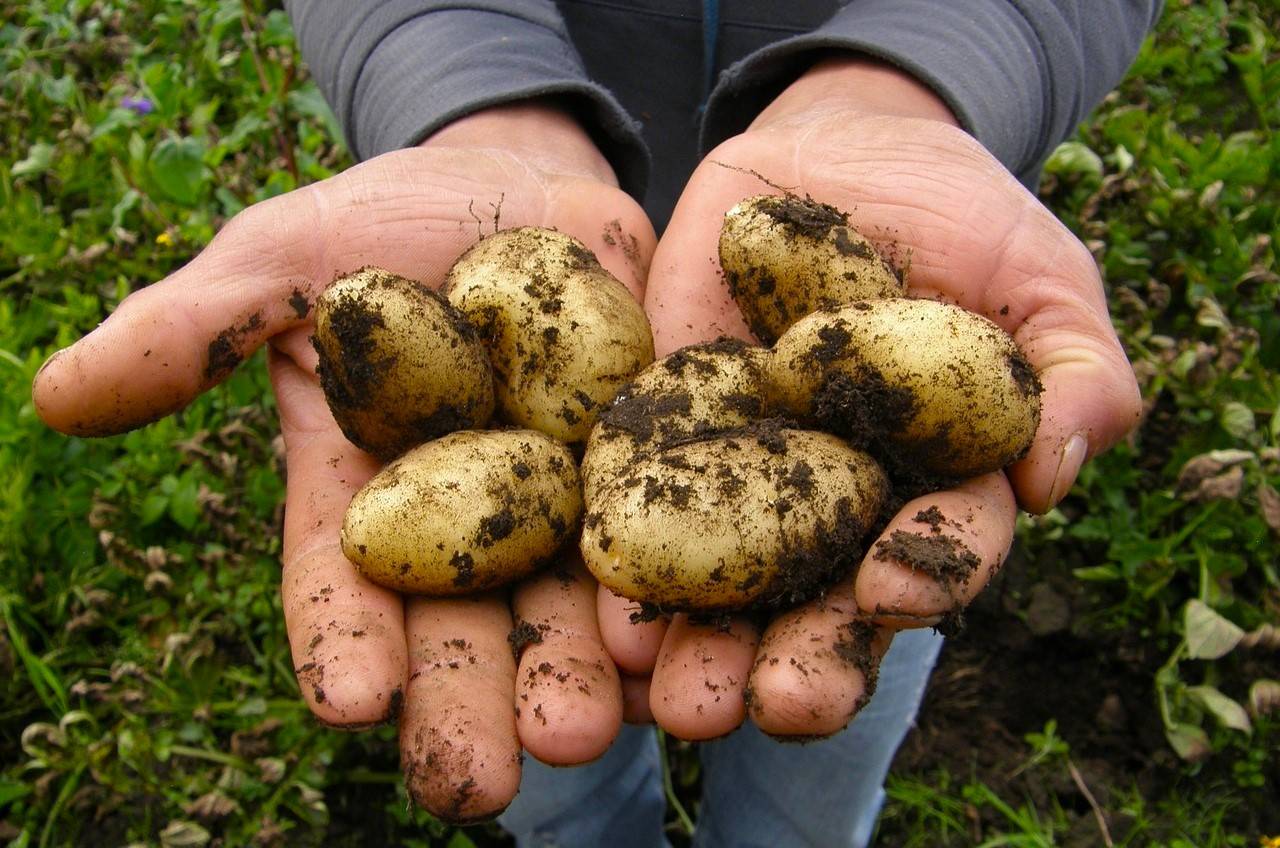
Grow Once, Harvest Forever: 10 Perennial Herbs That Will Keep Your Garden Thriving Year After Year

A flourishing herb garden is one of life’s simple pleasures. There's something incredibly satisfying about stepping outside to snip a few sprigs of rosemary or thyme for dinner. If you're looking to build a garden that brings lasting joy, focusing on perennial herbs is a wise choice. Unlike annuals that need to be replanted every season, perennials return year after year with minimal fuss, rewarding your efforts many times over.
- Rosemary
Known for its woody stems and needle-like leaves, rosemary is both hardy and handsome. It thrives in sunny spots with well-draining soil and adds a delightful piney aroma to roasts, breads, and stews. In warmer climates, rosemary grows year-round, forming large, shrubby plants that can even double as decorative hedges.
- Thyme
This low-growing herb is a garden favorite for good reason. Thyme’s tiny, aromatic leaves are packed with flavor, making it a versatile addition to everything from poultry dishes to fresh salads. It’s drought-tolerant, loves full sun, and can even be used as a groundcover, weaving itself beautifully among stepping stones or along pathways.
- Oregano
If you love Mediterranean cooking, oregano is a must-have. Its pungent, slightly peppery leaves bring a boldness to sauces, pizzas, and marinades. Oregano thrives in hot, dry conditions and becomes more flavorful when allowed to bask in the sun without too much watering.
- Chives
Delicate yet flavorful, chives are easy to grow and offer a gentle onion taste that's perfect for garnishing baked potatoes, omelets, and dips. Their purple blooms also attract pollinators like bees, adding extra vitality to your garden. Chives prefer rich, moist soil but are quite forgiving once established.
- Mint
Mint is a vigorous grower that brings a refreshing zing to drinks, desserts, and savory dishes alike. However, a word of caution—mint spreads aggressively, so it’s wise to plant it in containers or confine it to a specific part of the garden. Choose from varieties like spearmint, peppermint, or chocolate mint, each offering its own unique flavor.
- Sage
Sage isn’t just for Thanksgiving stuffing—this earthy, aromatic herb adds depth to meat dishes, pastas, and even cocktails. With its velvety, gray-green leaves, sage is as beautiful as it is practical. It prefers full sun and well-draining soil and, once established, needs little water to thrive.
- Lavender
While commonly celebrated for its fragrance and stunning purple flowers, lavender is also a culinary herb. Its sweet floral notes can enhance baked goods, syrups, and teas. Lavender loves hot, dry conditions and poor soil, making it perfect for rock gardens or sunny borders.
- Dill
Delicate and feathery, dill adds a fresh, slightly sweet flavor to a wide range of dishes, from pickles to seafood and salads. While often grown as an annual, in milder climates dill can self-seed generously, behaving almost like a perennial. Plant dill in full sun and well-draining soil, and allow a few plants to flower and reseed each year to ensure a continuous supply.
- Parsley
Though typically grown as a biennial, parsley behaves much like a perennial in many gardens. Its bright, slightly peppery flavor enhances soups, sauces, and garnishes beautifully. Flat-leaf (Italian) parsley is favored for cooking, while curly parsley adds decorative appeal. Parsley thrives in rich, moist soil with plenty of sunlight, though it tolerates partial shade. Regular harvesting encourages lush, healthy growth.
- Cilantro
Known for its bright, citrusy flavor, cilantro is a favorite in Latin American, Indian, and Southeast Asian cuisines. While cilantro tends to bolt quickly in heat, letting some plants go to seed allows them to self-sow, ensuring a steady crop year after year in suitable climates. It prefers cooler weather and well-drained soil. Interestingly, the seeds of cilantro are known as coriander, offering a double culinary bonus.
Planting Tips for a Thriving Perennial Herb Garden
When planning your herb garden, choose a sunny location with good drainage—most herbs don’t appreciate wet feet. Group plants with similar water and light needs together to simplify care. Adding a layer of mulch can help retain moisture and reduce weeds.
Remember that perennials often take a season or two to truly settle in. Be patient, and resist the urge to harvest too heavily during their first year. A little restraint early on will reward you with lush, productive plants for years to come.
A Garden That Grows with You
Growing perennial herbs is not just about filling your garden beds—it's about creating a space that nourishes both body and soul. These plants connect us to the rhythms of nature, reminding us that some of the best things in life unfold slowly and with care. Whether you’re a seasoned gardener or just starting out, these reliable herbs offer a beautiful, low-maintenance way to enjoy fresh flavors and vibrant greenery, season after season.
Related News

Teej Festival 2025: Celebrating Divine Love, Womanhood, and Sacred Traditions Across India and Nepal













































































































































